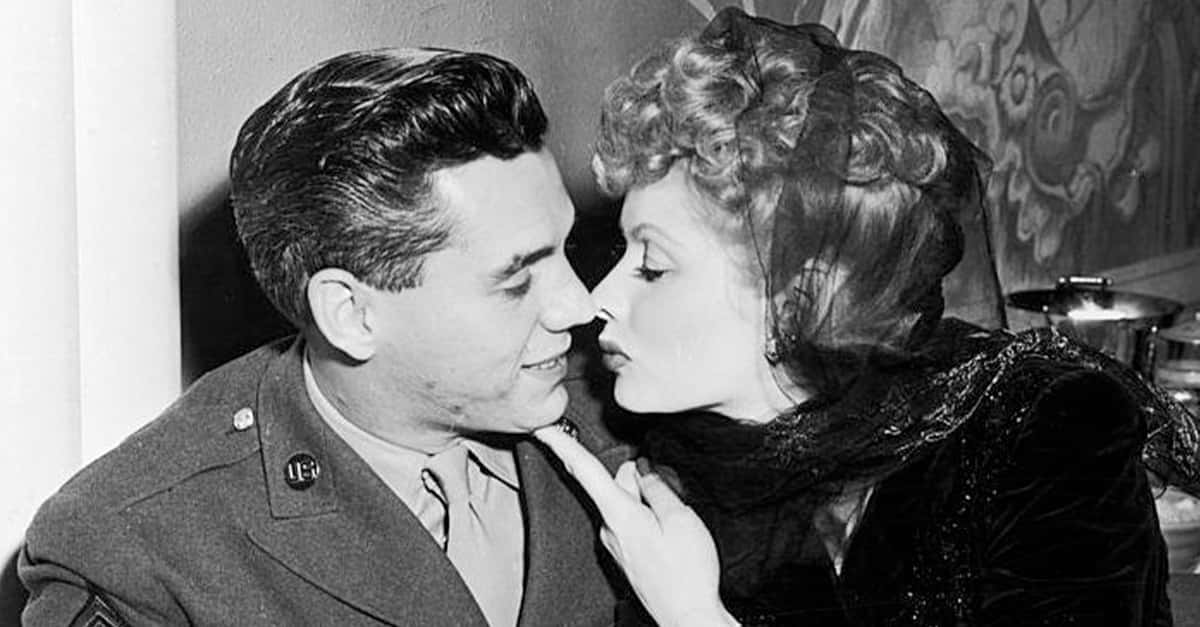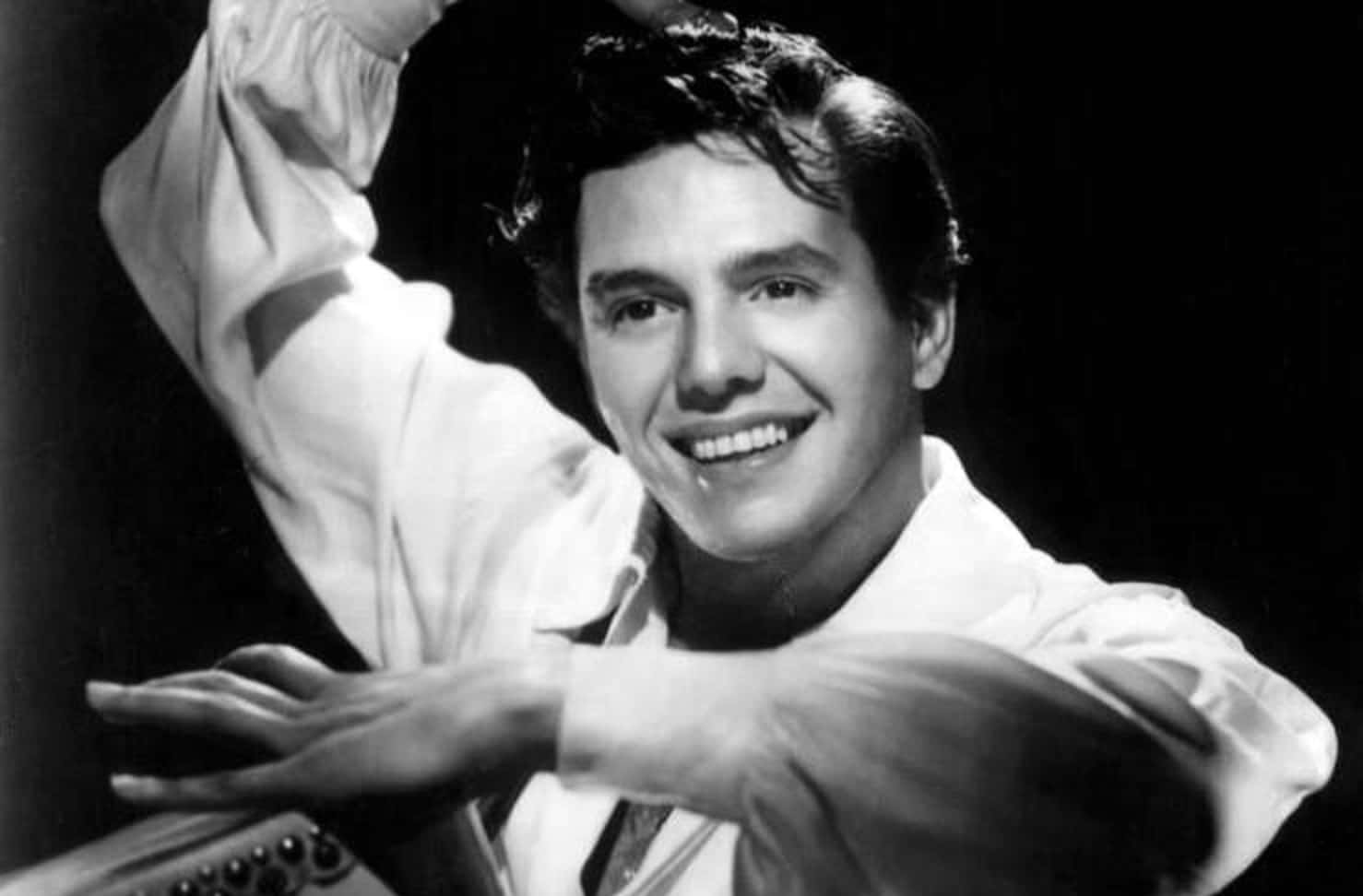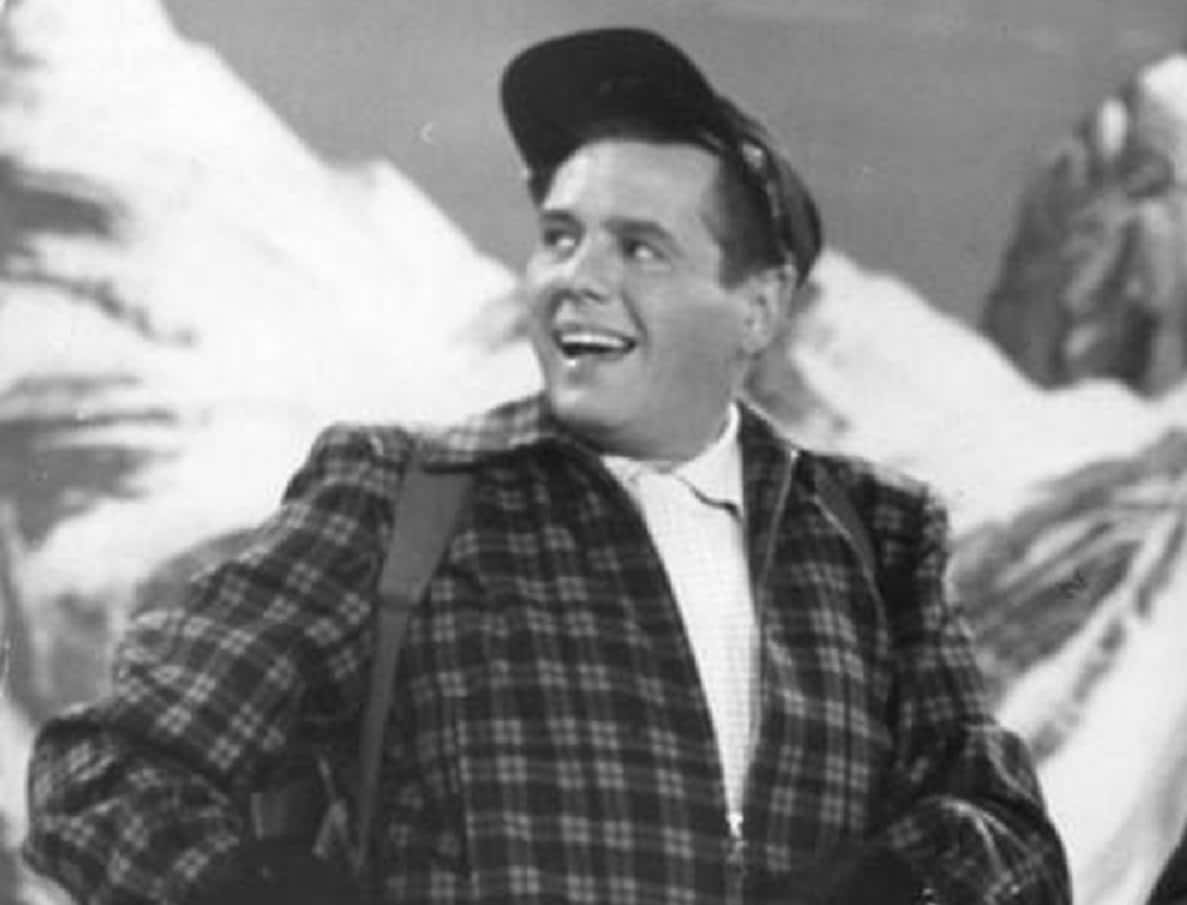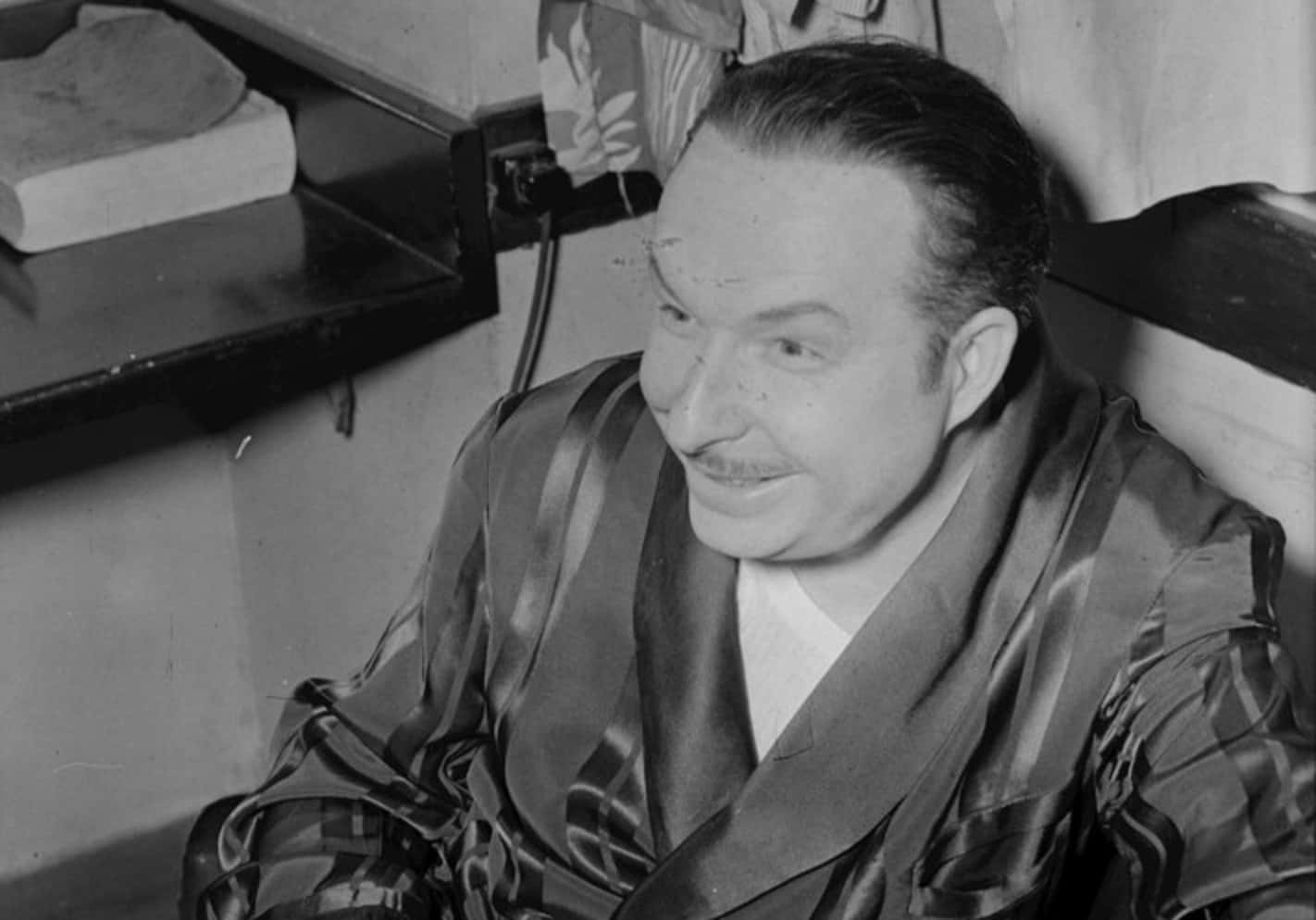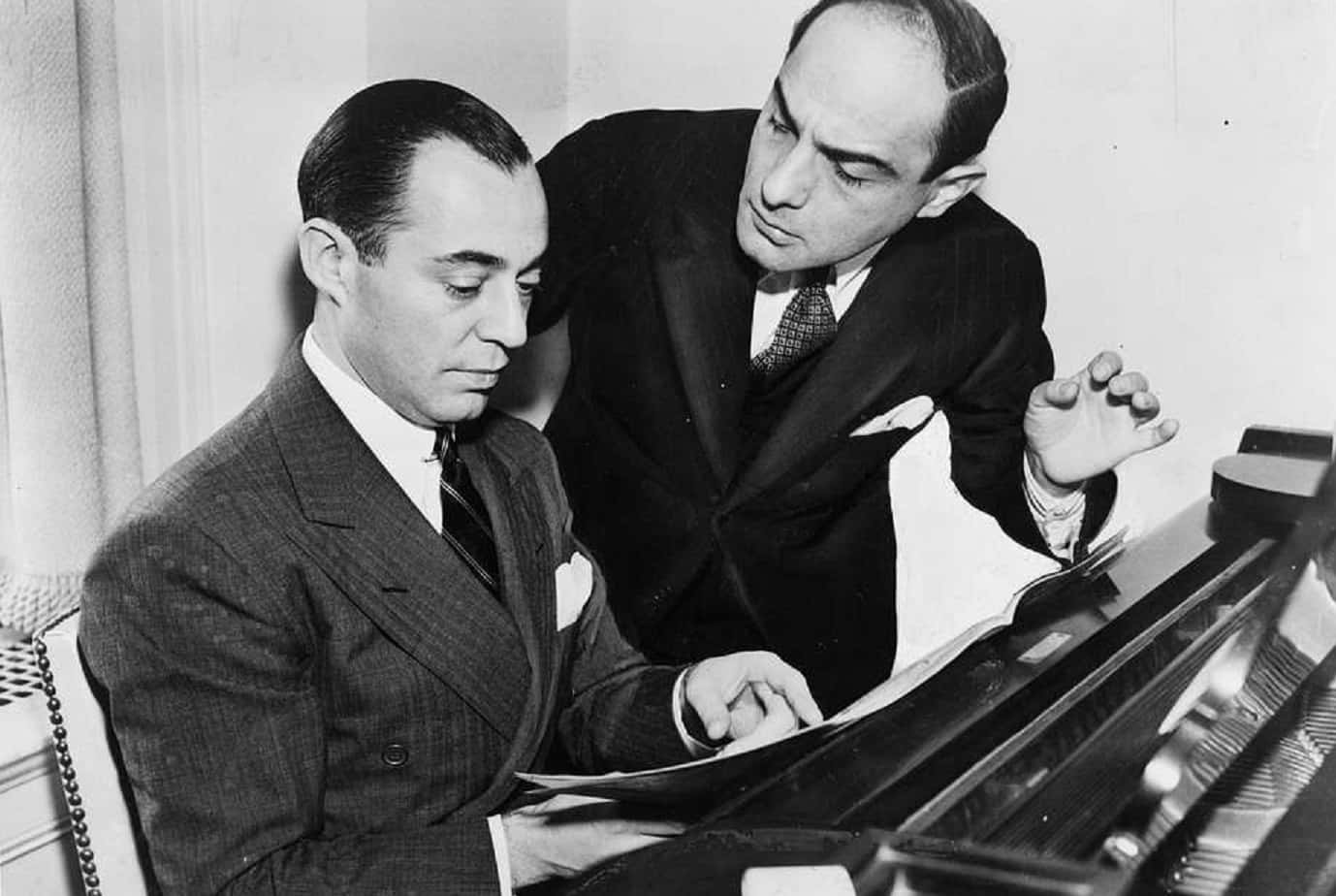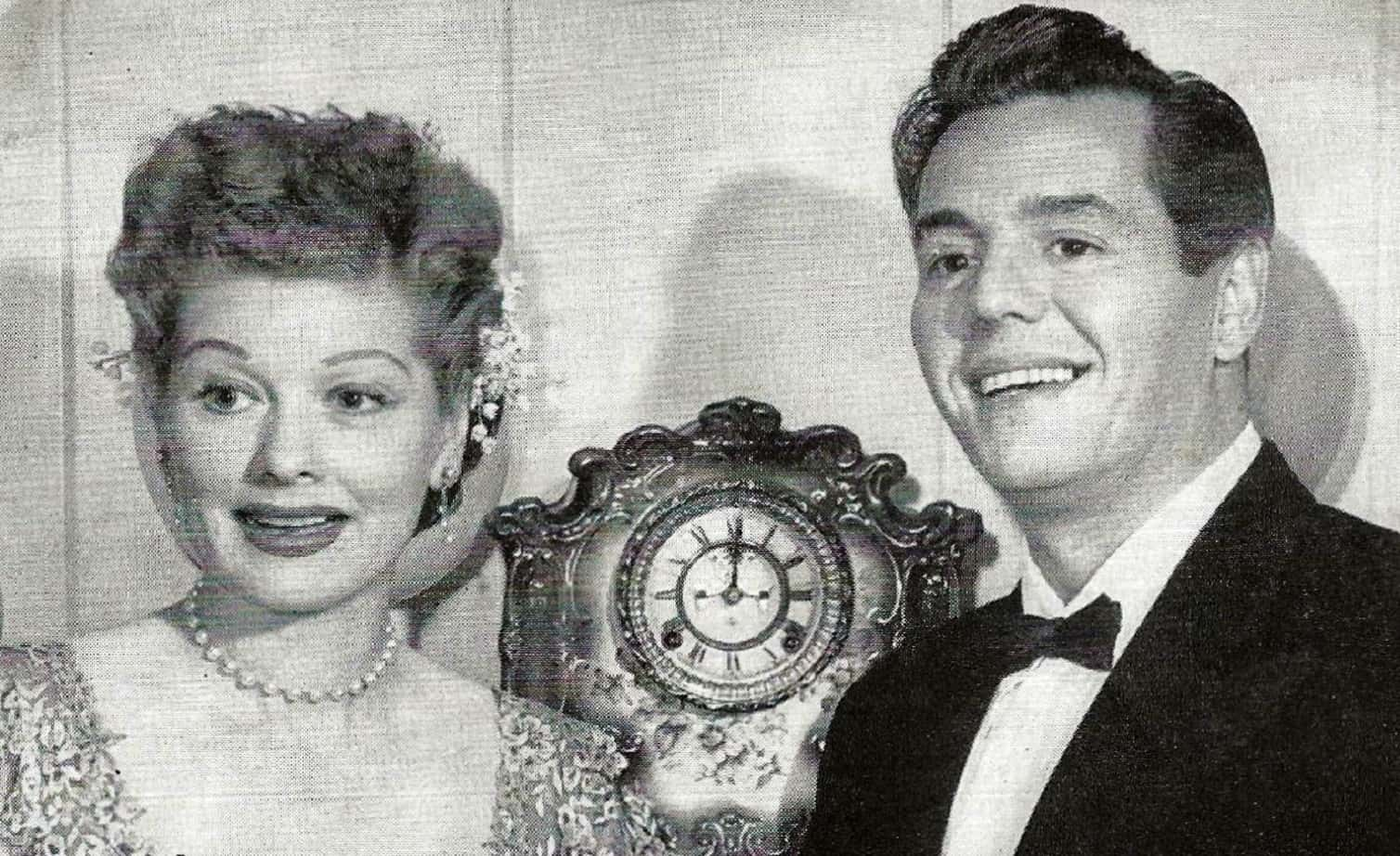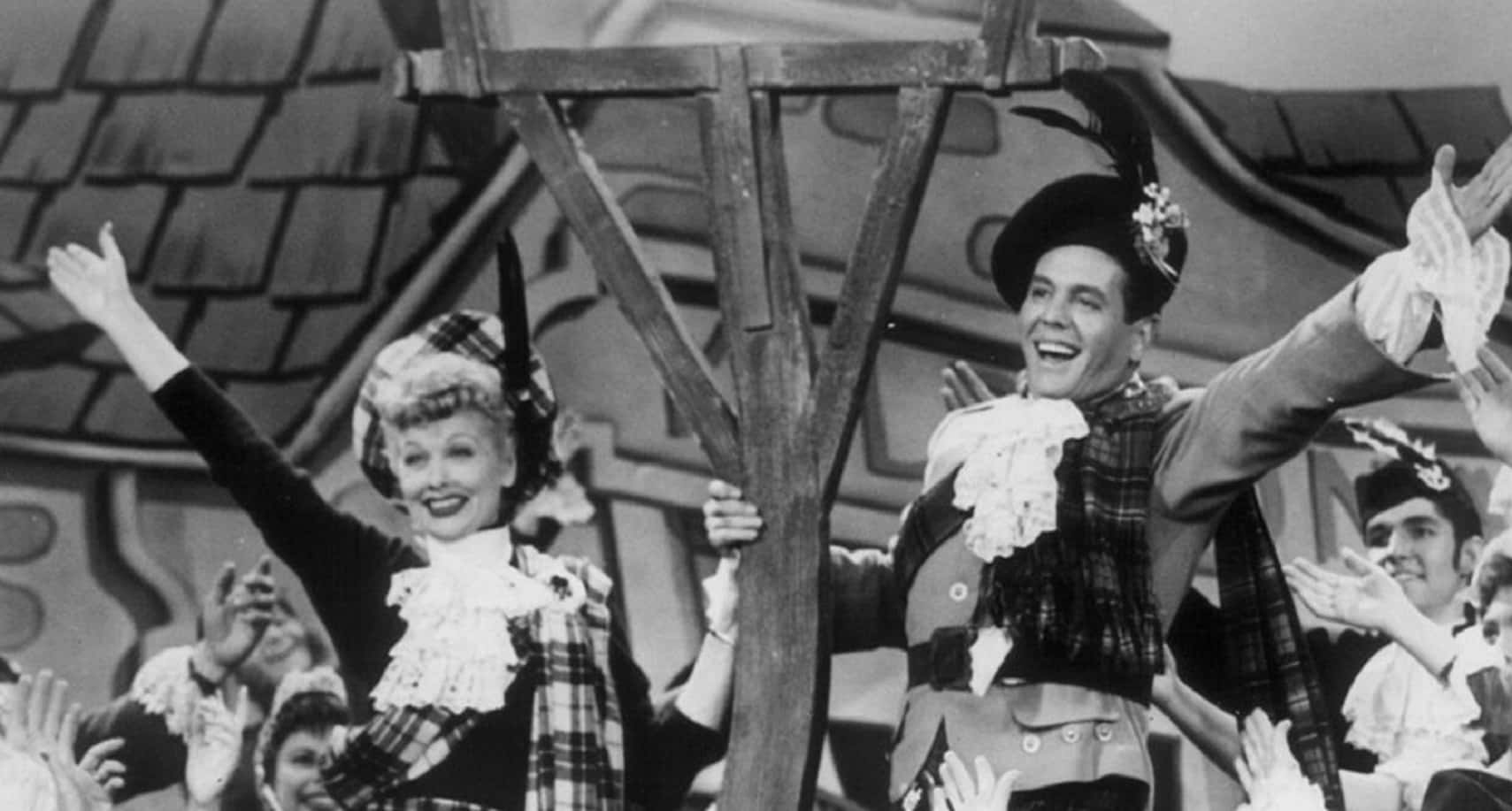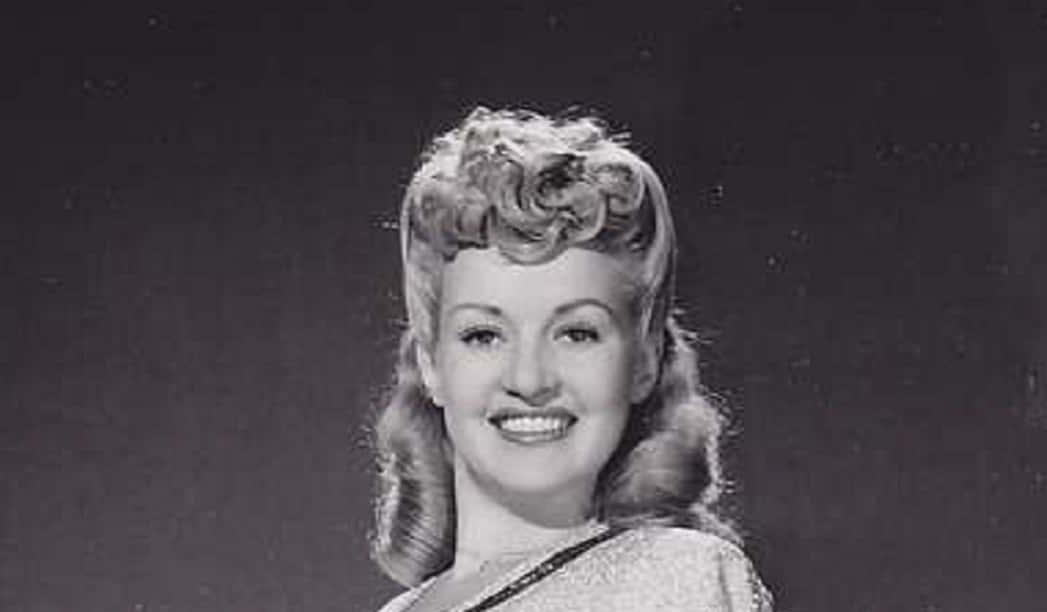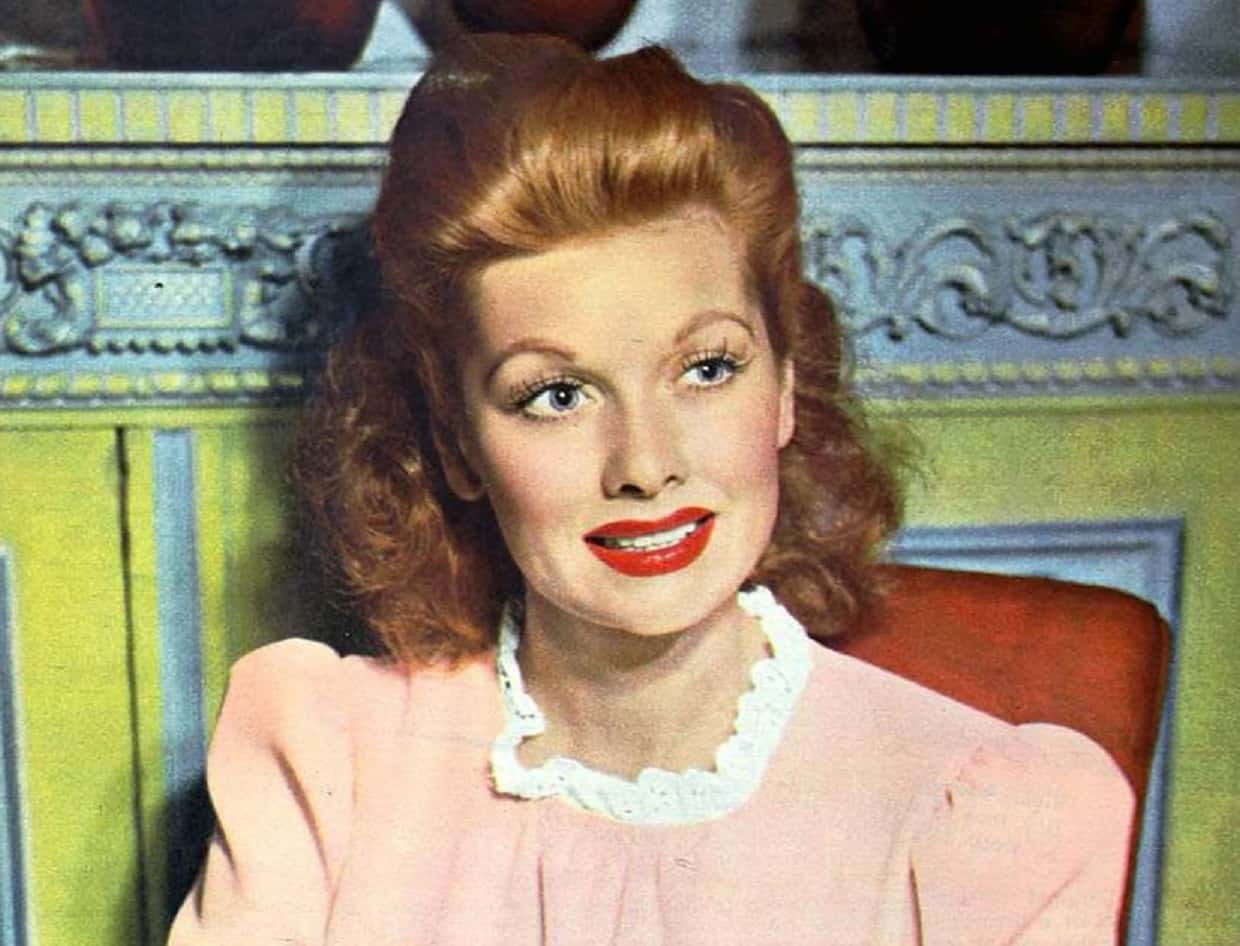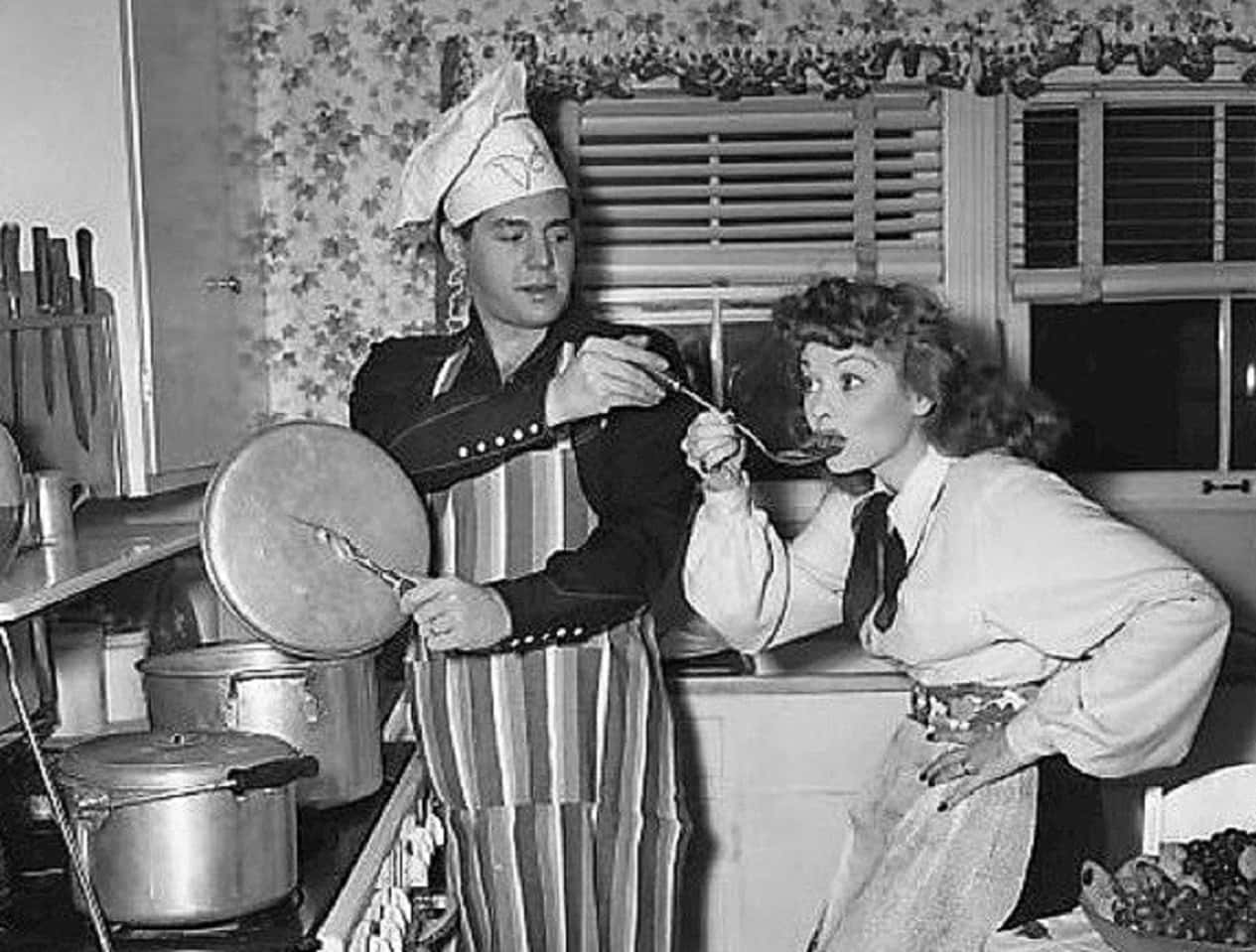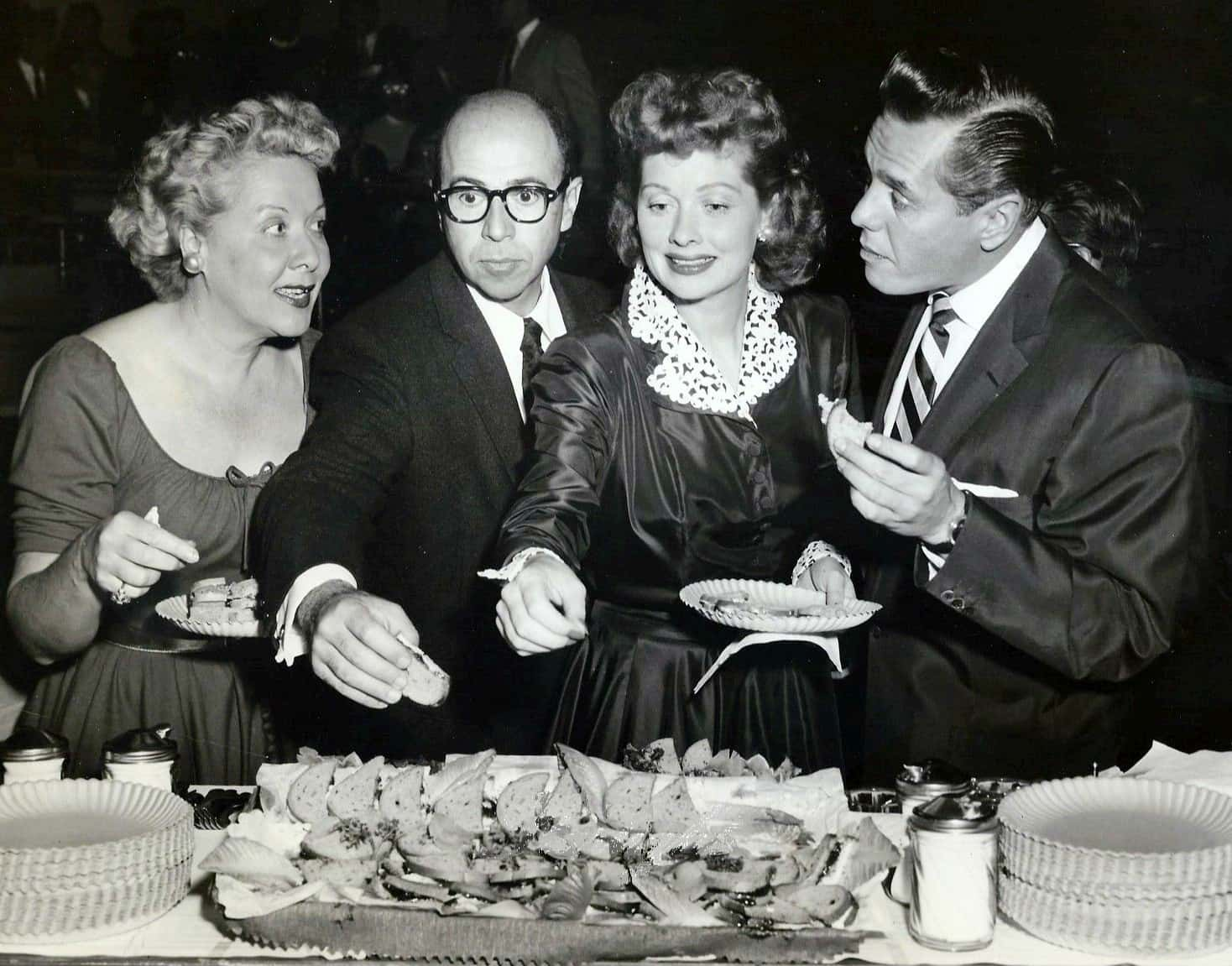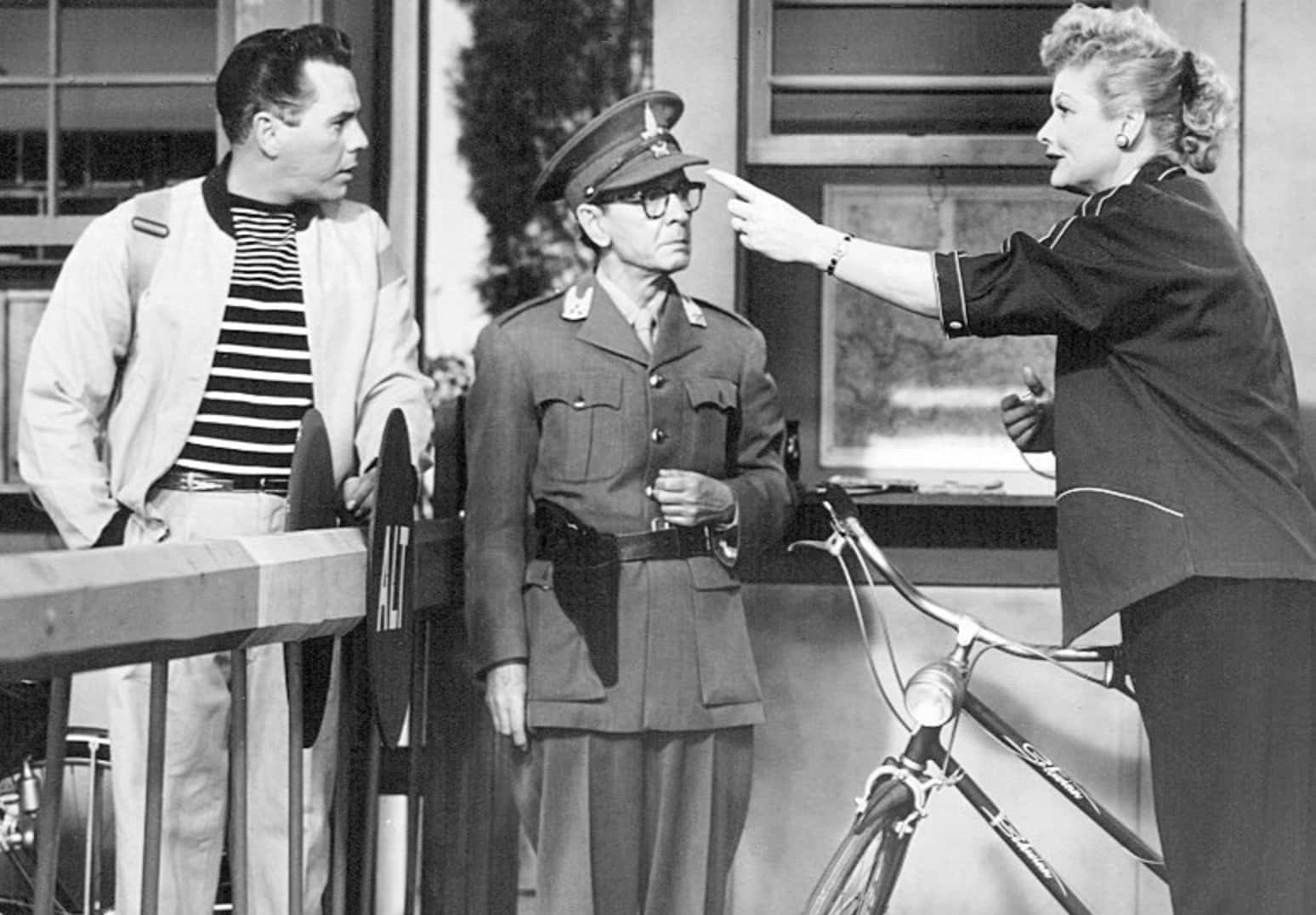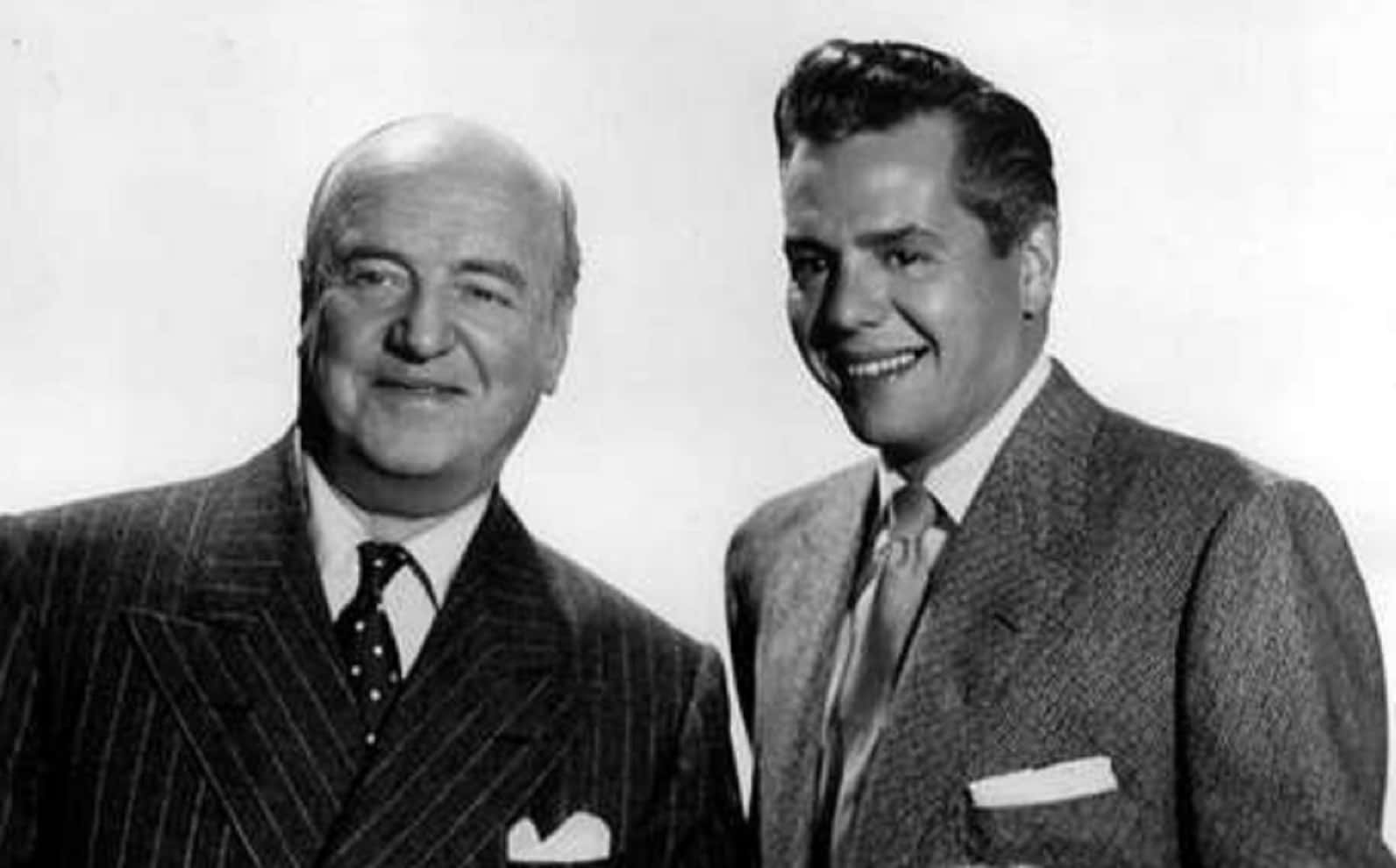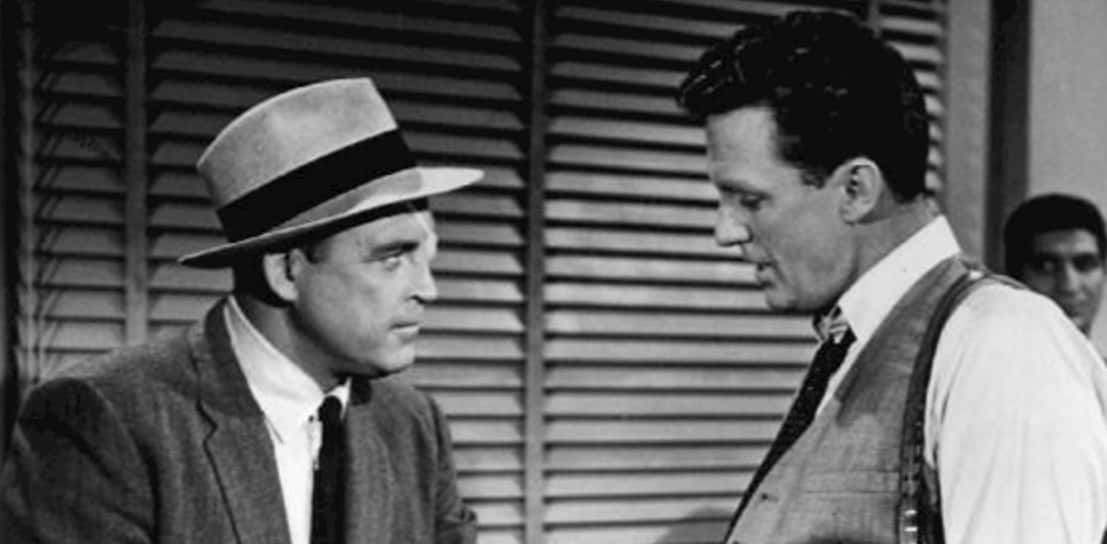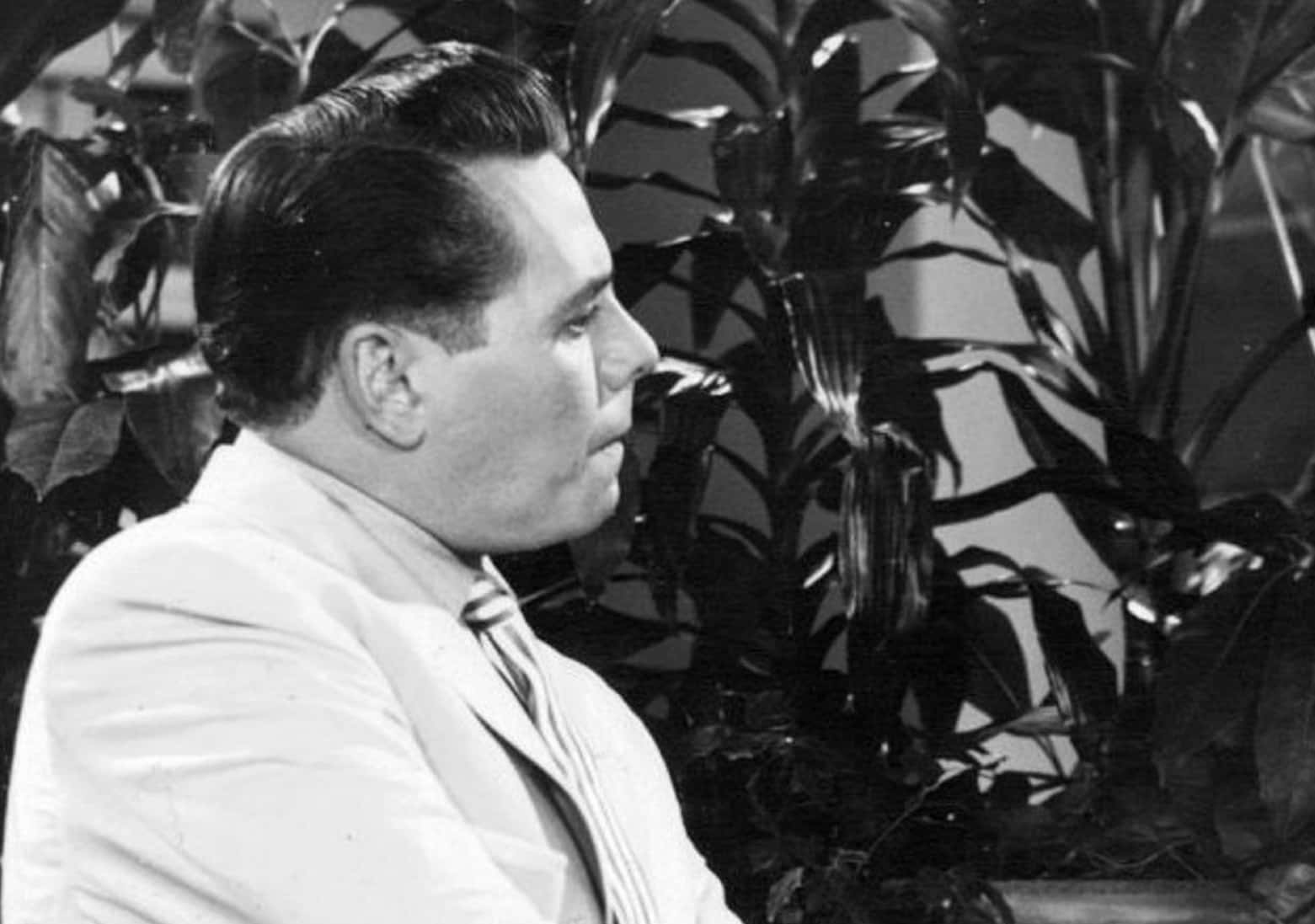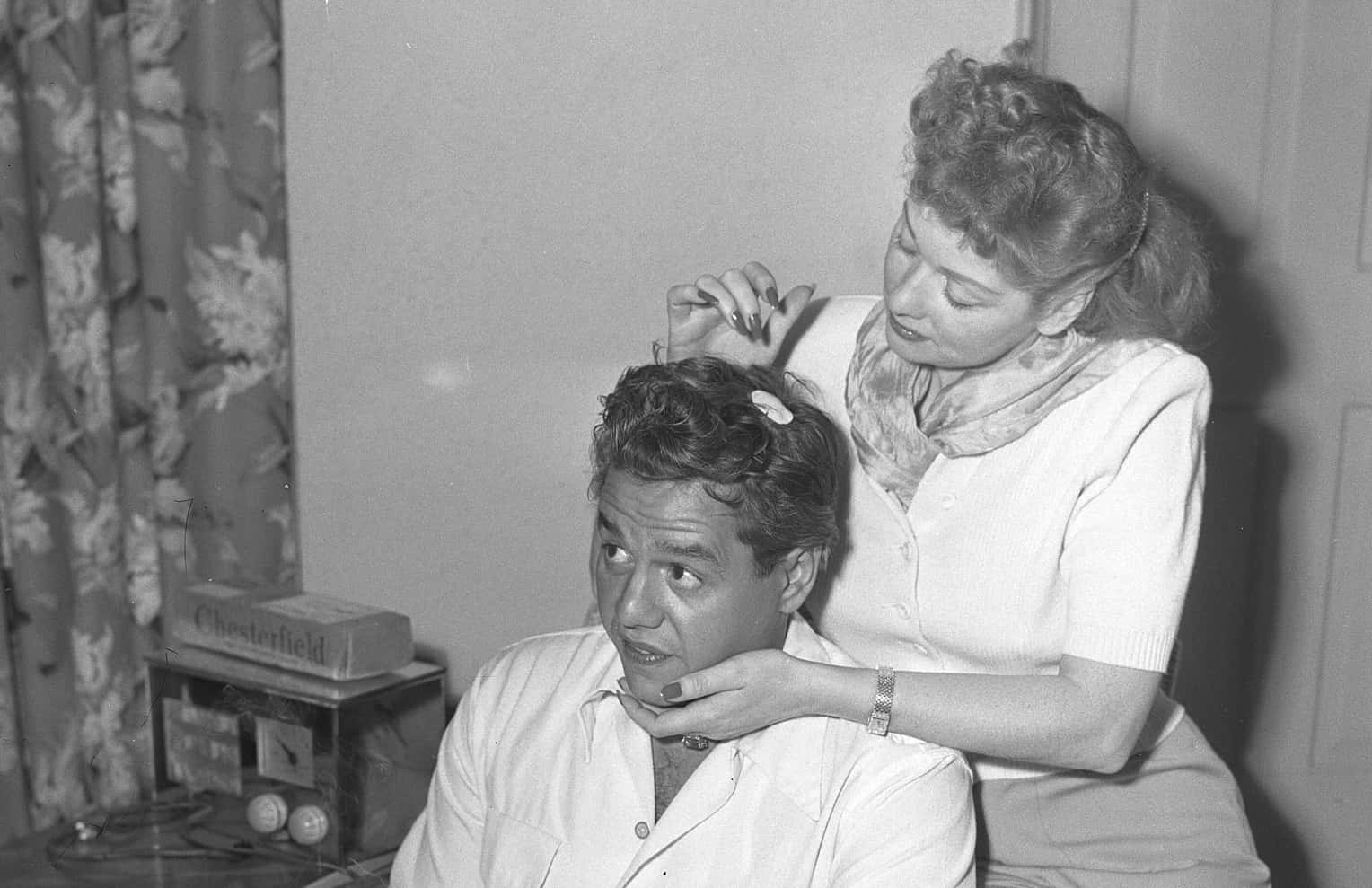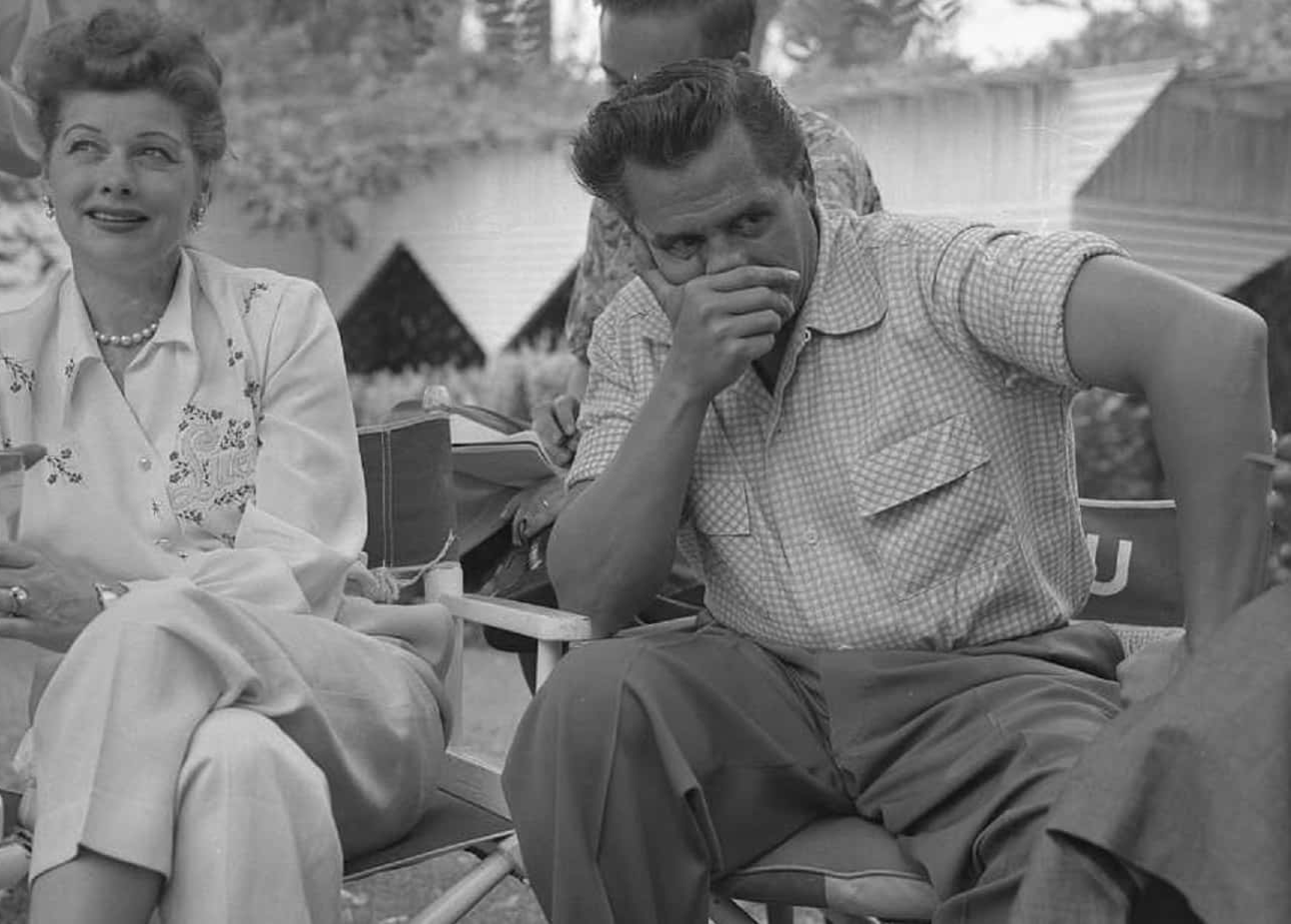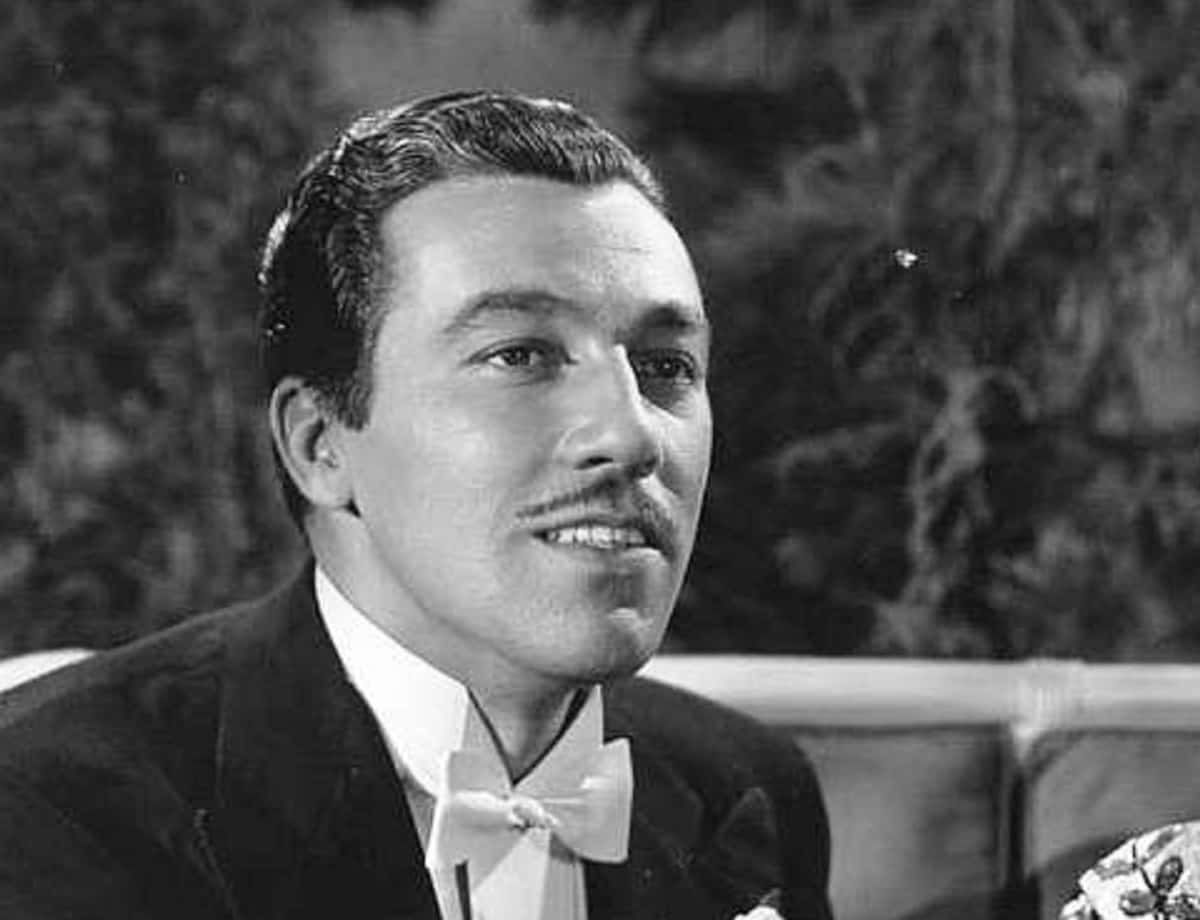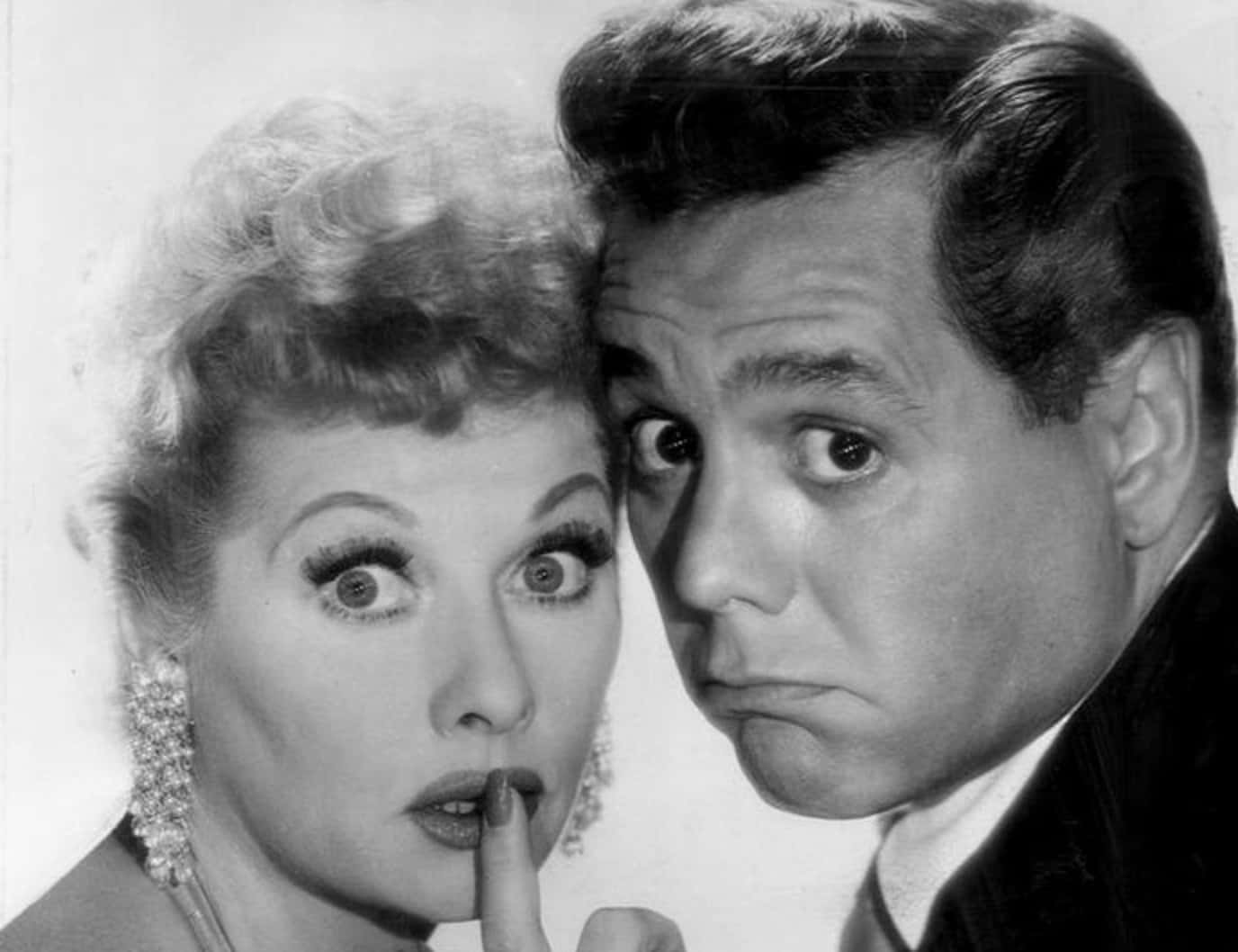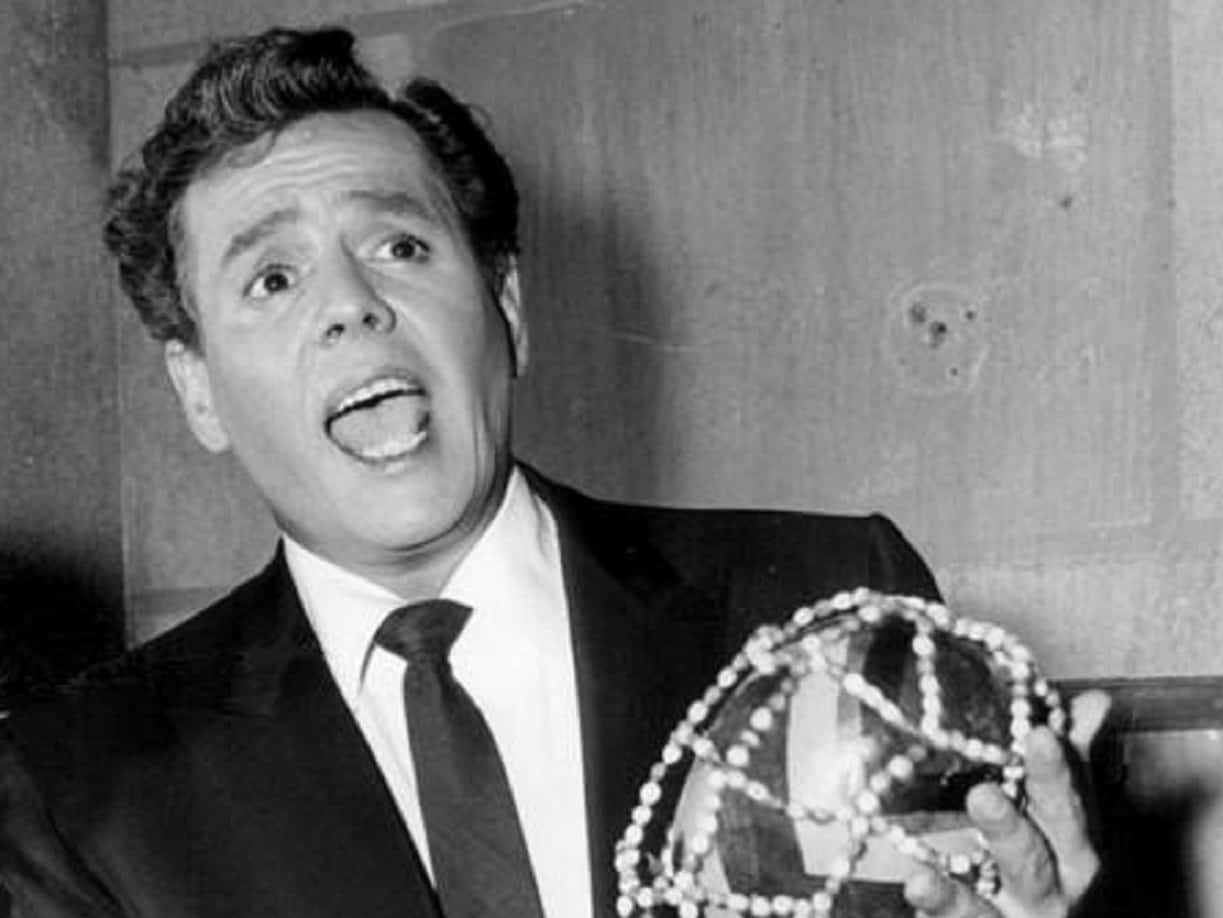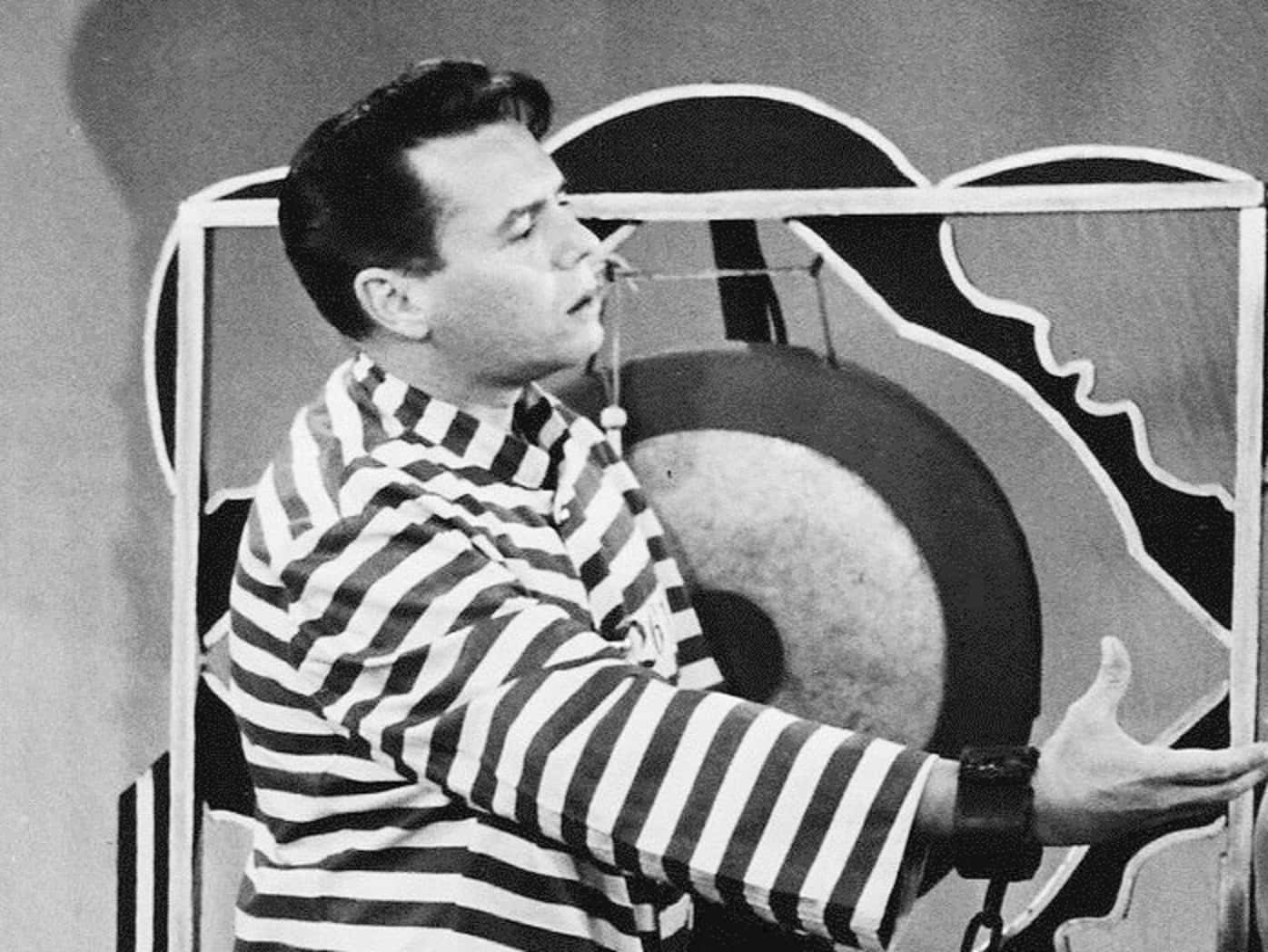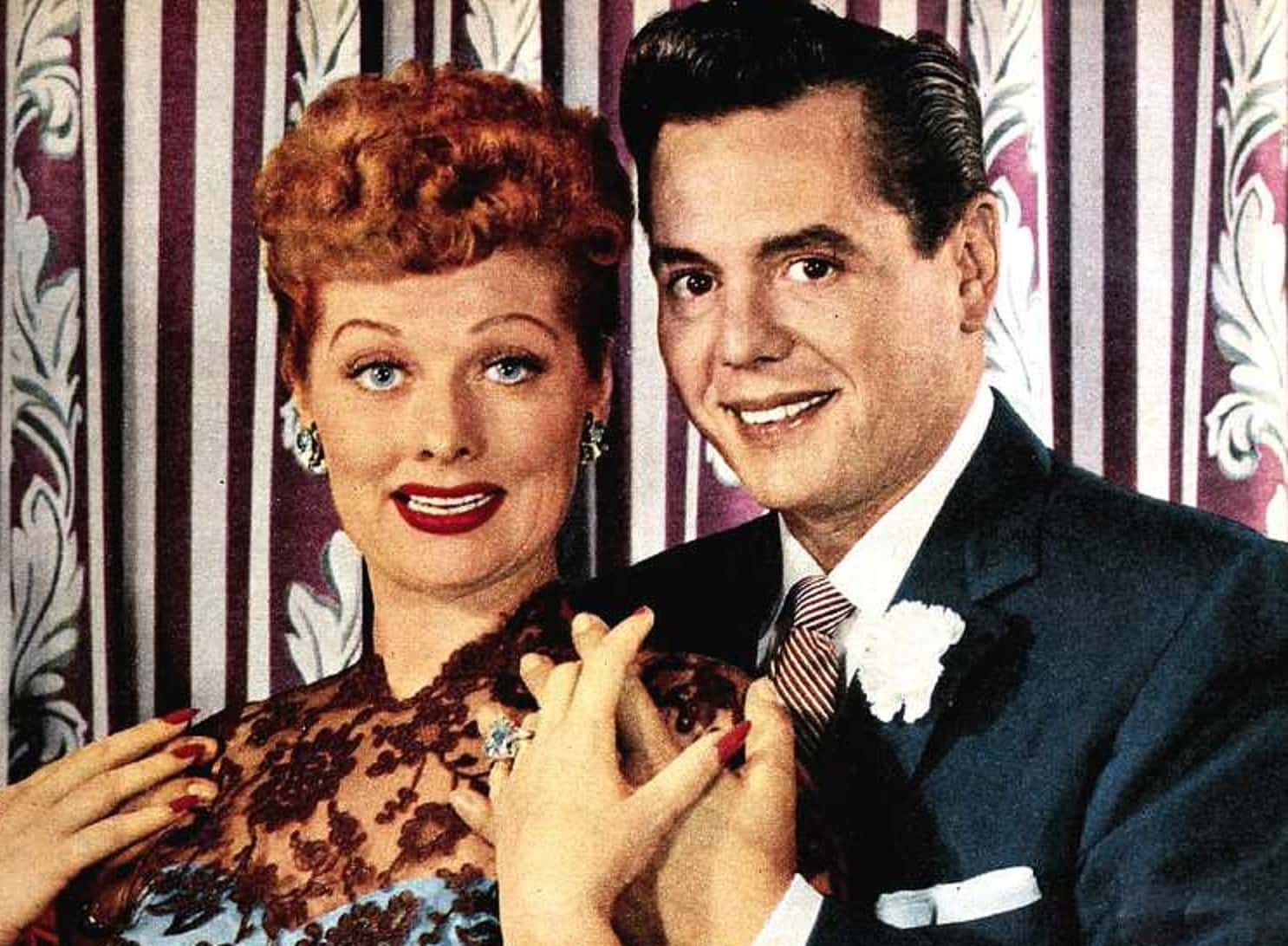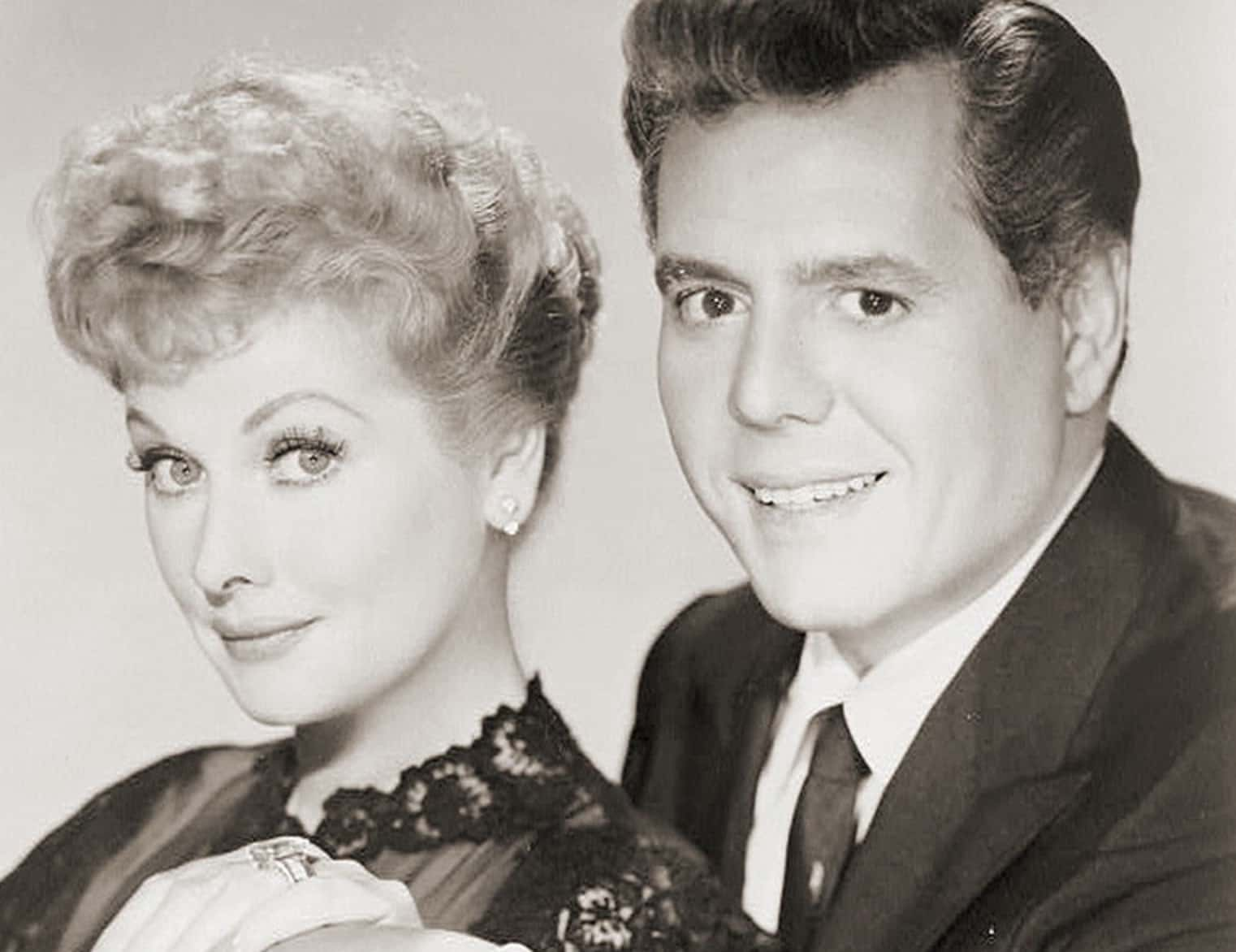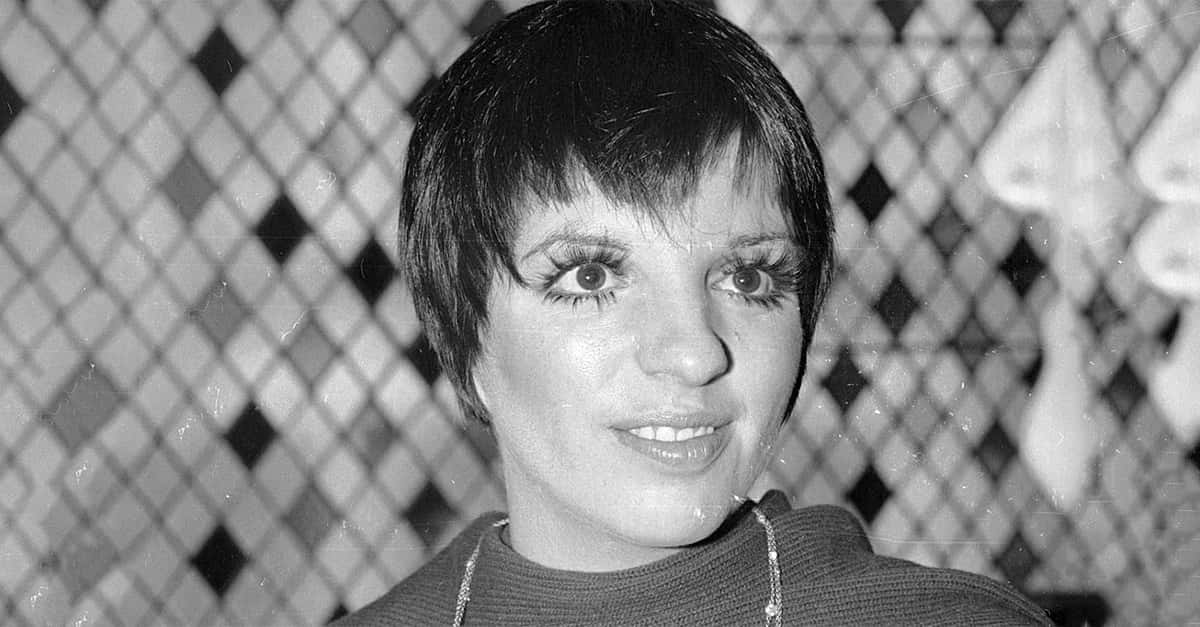Besides being the “I” in TV’s ground breaking series I Love Lucy, who was Desi Arnaz? Musician, singer, actor, and TV producer all come to mind. However, every accolade is shadowed by something from his dark side. Arnaz was a chronic boozer, a risk taking gambler, and an unrepentant womanizer. If the iconic series had dared to show Arnaz and Ball's true marriage, TV censors would have gone bananas. In order to separate Desi Arnaz from his squeaky clean character Ricky Ricardo, here’s a conga line of facts about the man who loved Lucy.
1. It Was A Riches To Rags Story
While Desi Arnaz may have grown up poor in Miami Florida, his family had surprising origins. Arnaz was actually of royal birth. Back in Cuba, where he was born on March 2, 1917, he was the distant relative of the royal family. Also giving Arnaz a high rank was his grandfather—an executive at Barardi & Co and his father, Santiago de Cuba’s youngest mayor. So, with all this going for him, how did he end up living in poverty?
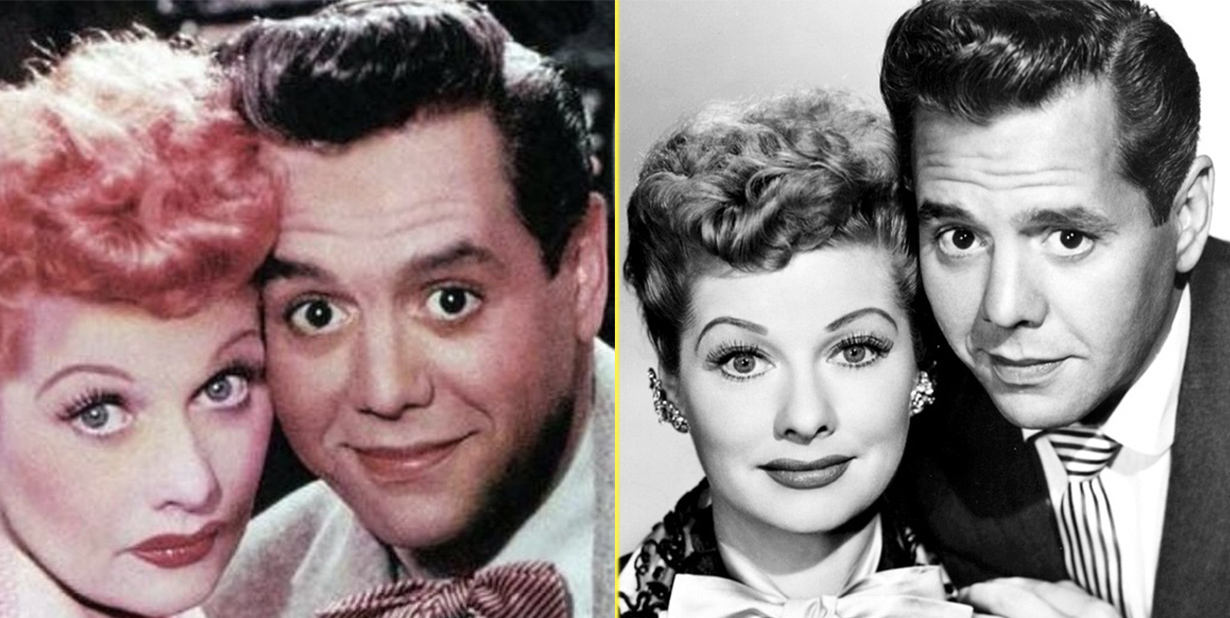
2. He Was Surrounded
In 1933, when Arnaz was still a teenager, a revolution started in Cuba. The revolutionaries, led mostly by the army and some students, disliked three things: government officials, corporations, and any connection to royalty. With Arnaz’s family background, he quickly became Public Enemy Number One to the revolutionaries. In a heartbeat, Arnaz went from living a more than comfortable lifestyle on an idyllic island to being surrounded by enemies.
The Arnaz family wasn’t safe, and they had to do something fast.
3. They Destroyed It
The revolutionaries didn’t waste much time. Soon, they violently descended on the Arnaz compound and destroyed the house, several other buildings, and even went for the farm animals. Arnaz somehow managed to escape the revolutionaries in a car. His father, however, wasn’t so lucky. He ended up in prison. The Arnaz family was without a father—what would they do?
4. They Made A Move
Arnaz lived in hiding while his father spent six months in prison. Mr. Arnaz managed to, with his brother-in-law's help, get out. The revolutionaries allowed him to move with his family into exile. The Arnaz’s decided on Florida—the closest US state. But that was far from the end of their struggles. The revolutionaries had one condition before letting the family go: they could take nothing—none of their wealth or belongings—with them.
They were going to arrive in their new country penniless.
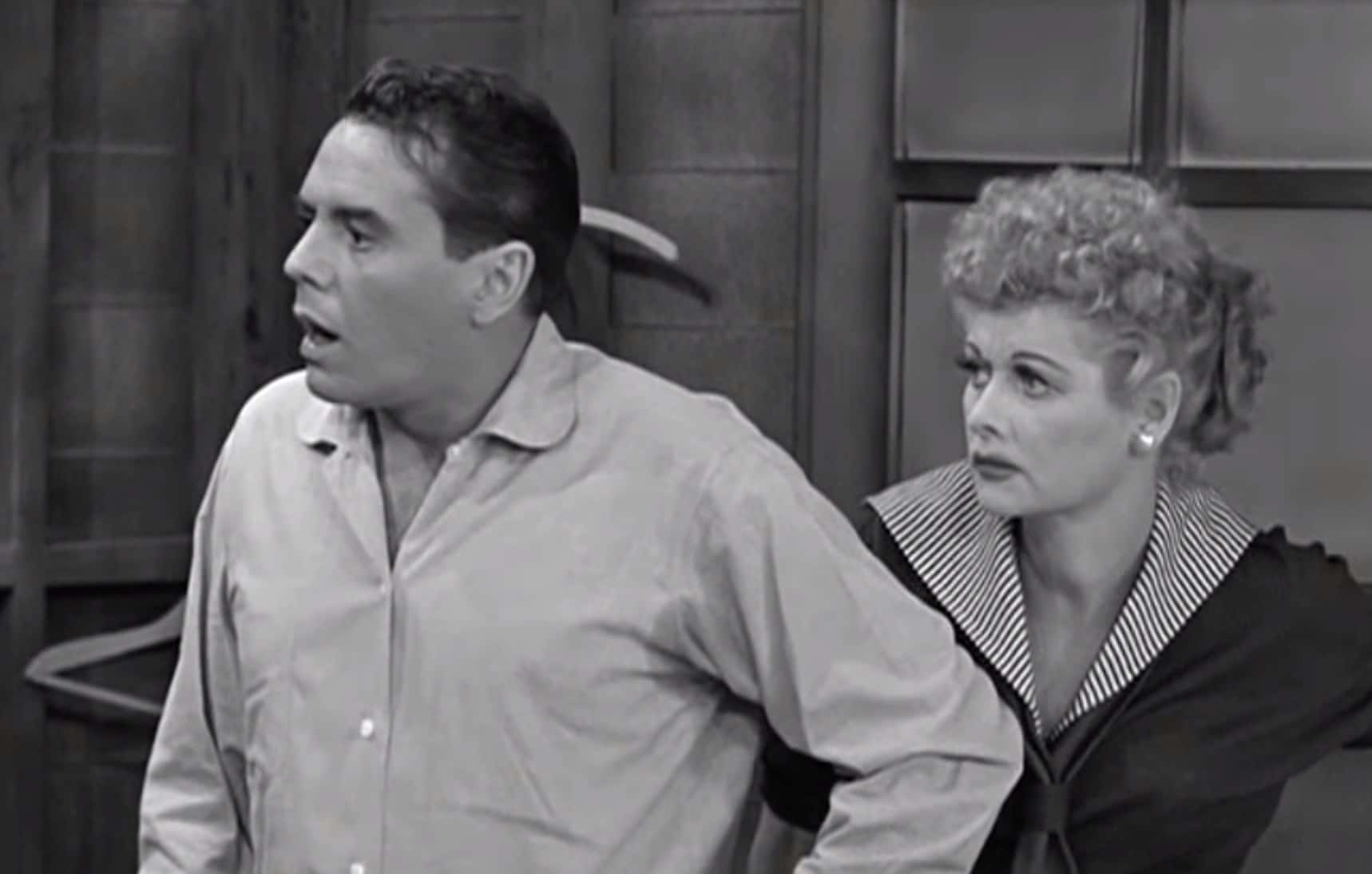 I Love Lucy,Desilu Productions
I Love Lucy,Desilu Productions
5. They Had Roommates
Once in Florida, Arnaz lived with his father in Miami. They had no money, so they ended up living in a garage where their roommates were rats and roaches. Imagine young Arnaz, who had lived like a prince in Cuba, now living in squalor. Mr. Arnaz knew what his son needed to make it in the US: He needed to learn English as quickly as he could.
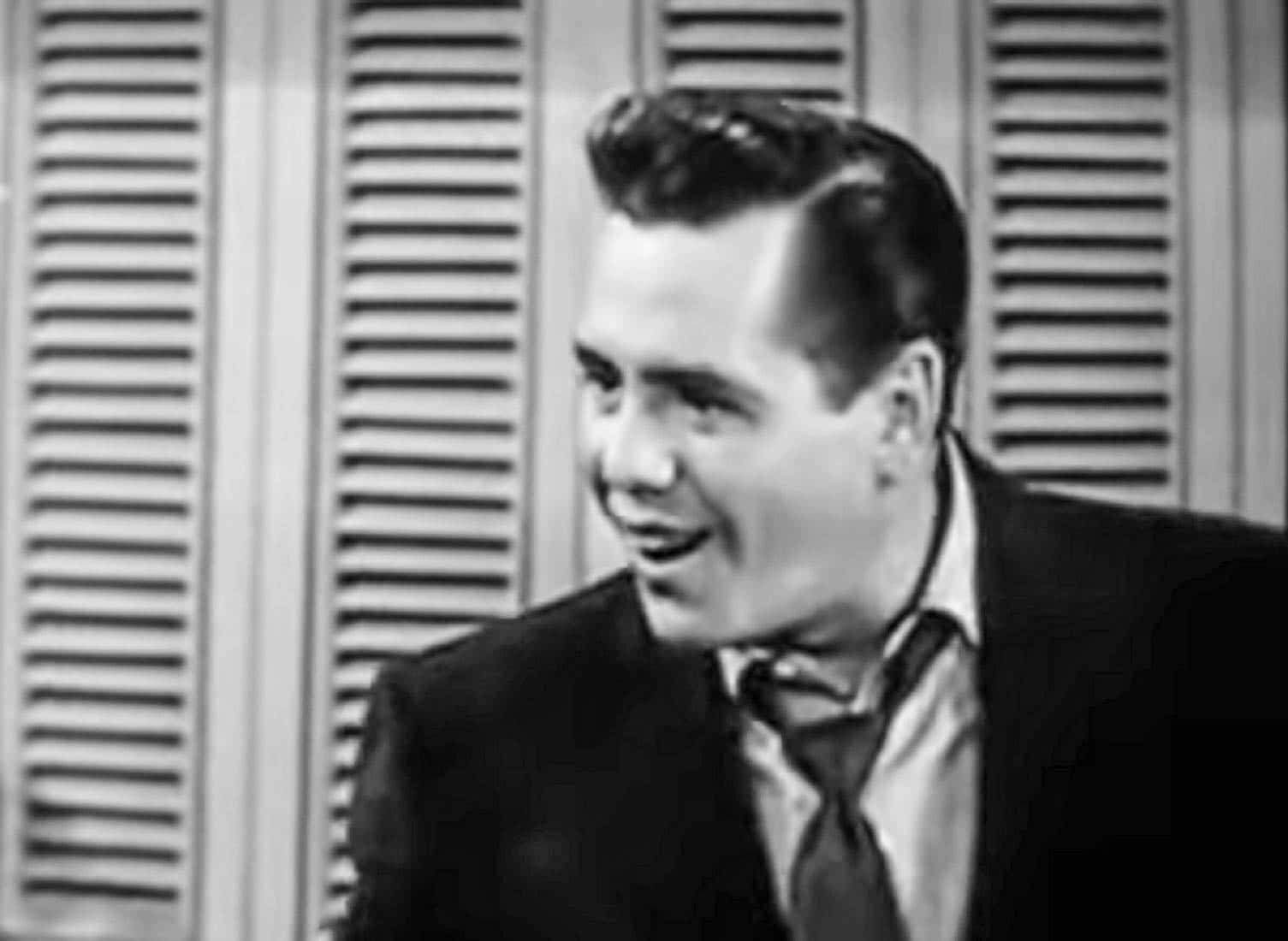 I Love Lucy,Desilu Productions
I Love Lucy,Desilu Productions
6. Life Was Grim
To learn English, Desi Arnaz went to high school near Tampa and worked at a department store. Another side job he had was the unappetizing task of cleaning bird cages. Things did not look good for Arnaz, but he had a dream. He wanted to be a musician. As soon as he finished high school, Arnaz formed his first band. He named it Siboney Septet after a town in Cuba.
Next, he needed exposure.
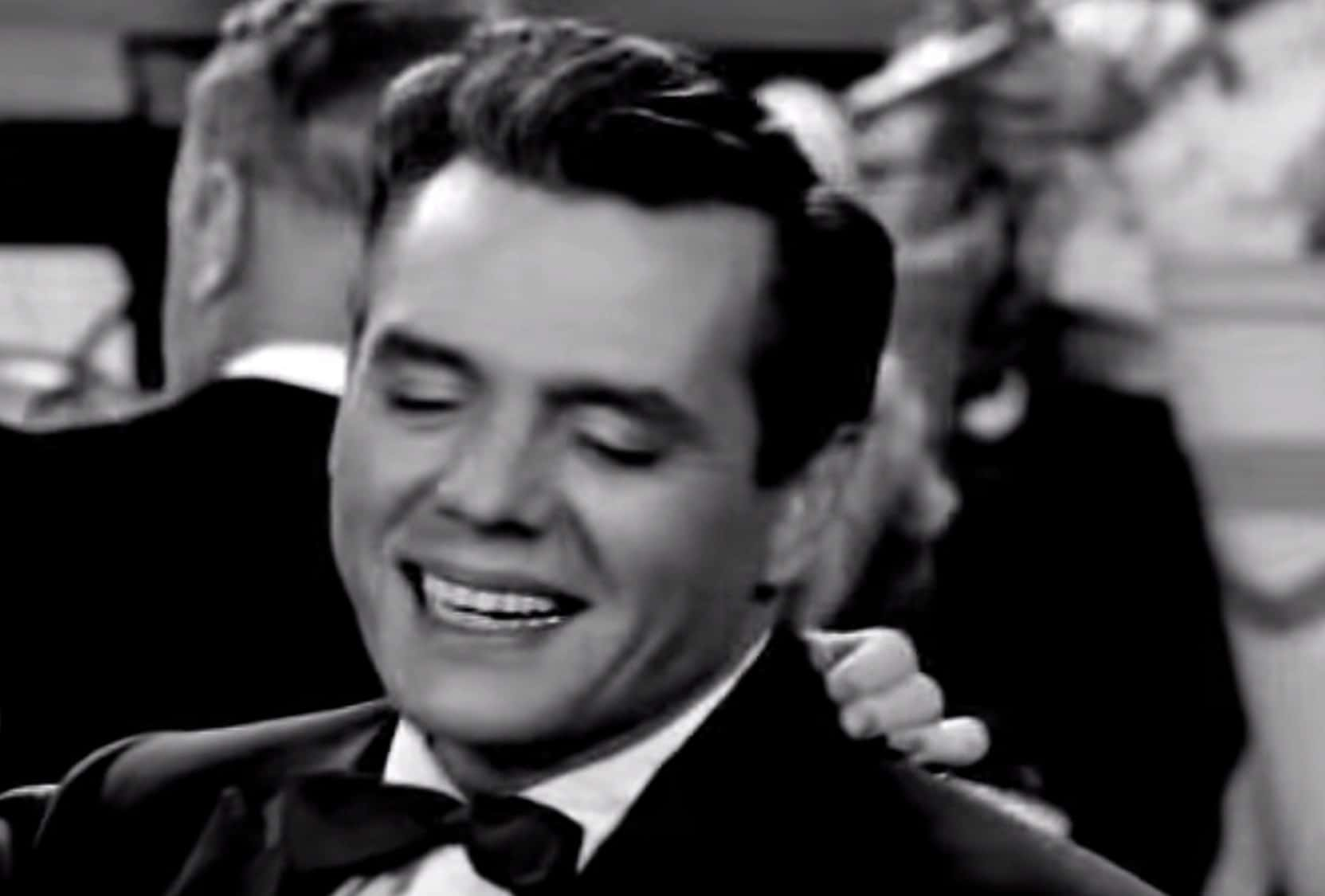 I Love Lucy,Desilu Productions
I Love Lucy,Desilu Productions
7. He Moved Quickly
There was no one more influential in the American Latin music scene than Xavier Cugat. He’d also grown up in Cuba and saw potential in Arnaz. Cugat hired Arnaz for his touring orchestra, and Arnaz delighted audiences with his passionate drum playing and singing. Arnaz saw how audiences responded to him, and it gave him an idea: “how about starting my own band?”
8. He Got Arrogant
Arnaz knew that he would be the major draw for his next band, so he did something some may see as arrogant: he put his name front and center. The Desi Arnaz Orchestra took New York City by storm. They mostly played at a club called La Conga. It was at this venue that Arnaz did something that would change partying forever.
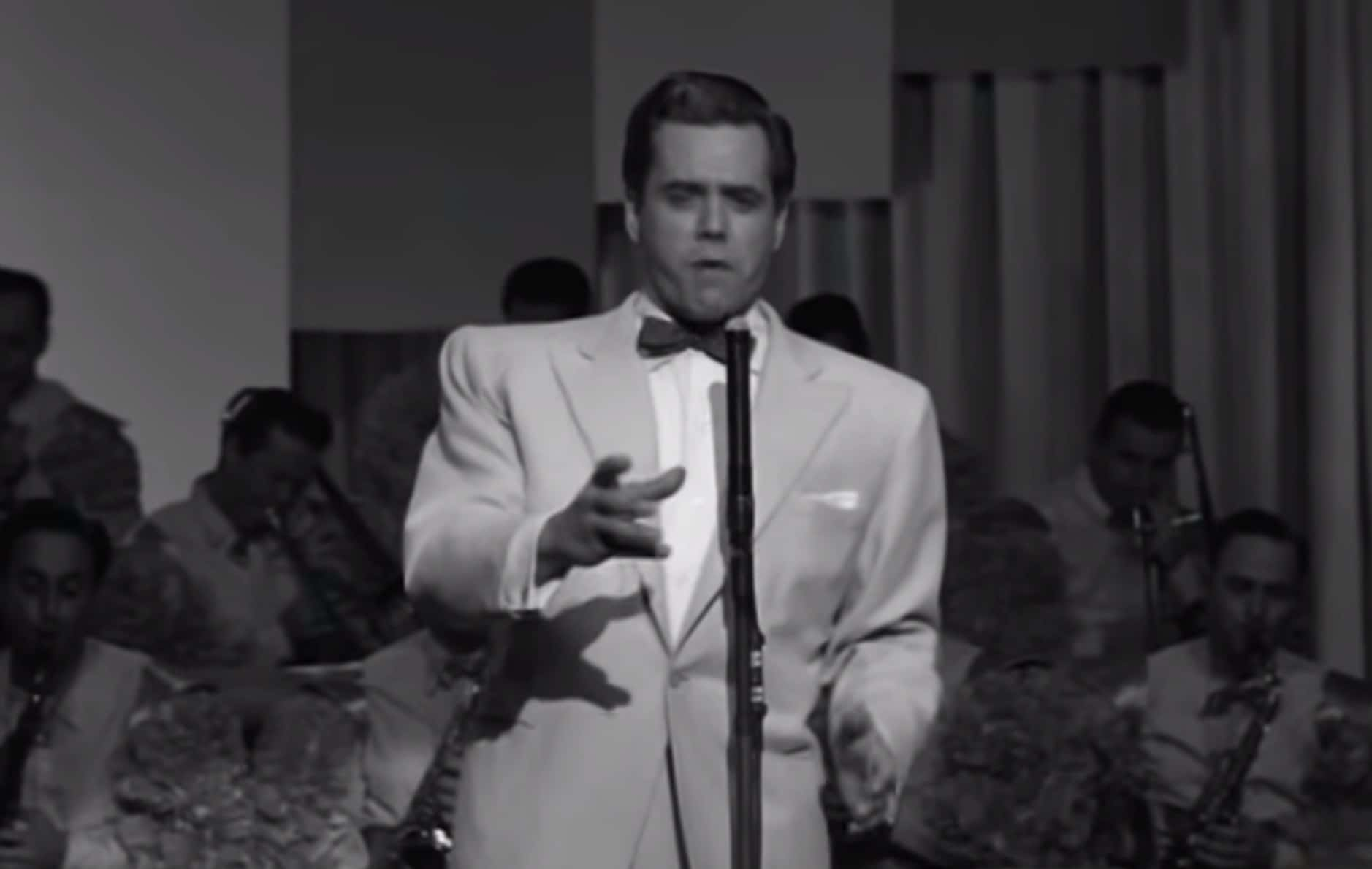 I Love Lucy,Desilu Productions
I Love Lucy,Desilu Productions
9. He Started A Revolution
Back in Cuba, it was common practice for partygoers to form a conga line. In the 1930s, however, American audiences were conga line virgins. When Arnaz introduced the conga line to the audience back at La Conga, they went wild for it. Now, we know who to blame every time one spontaneously erupts at a party. Thanks, Desi!
Arnaz had conquered the New York Club scene, now what?
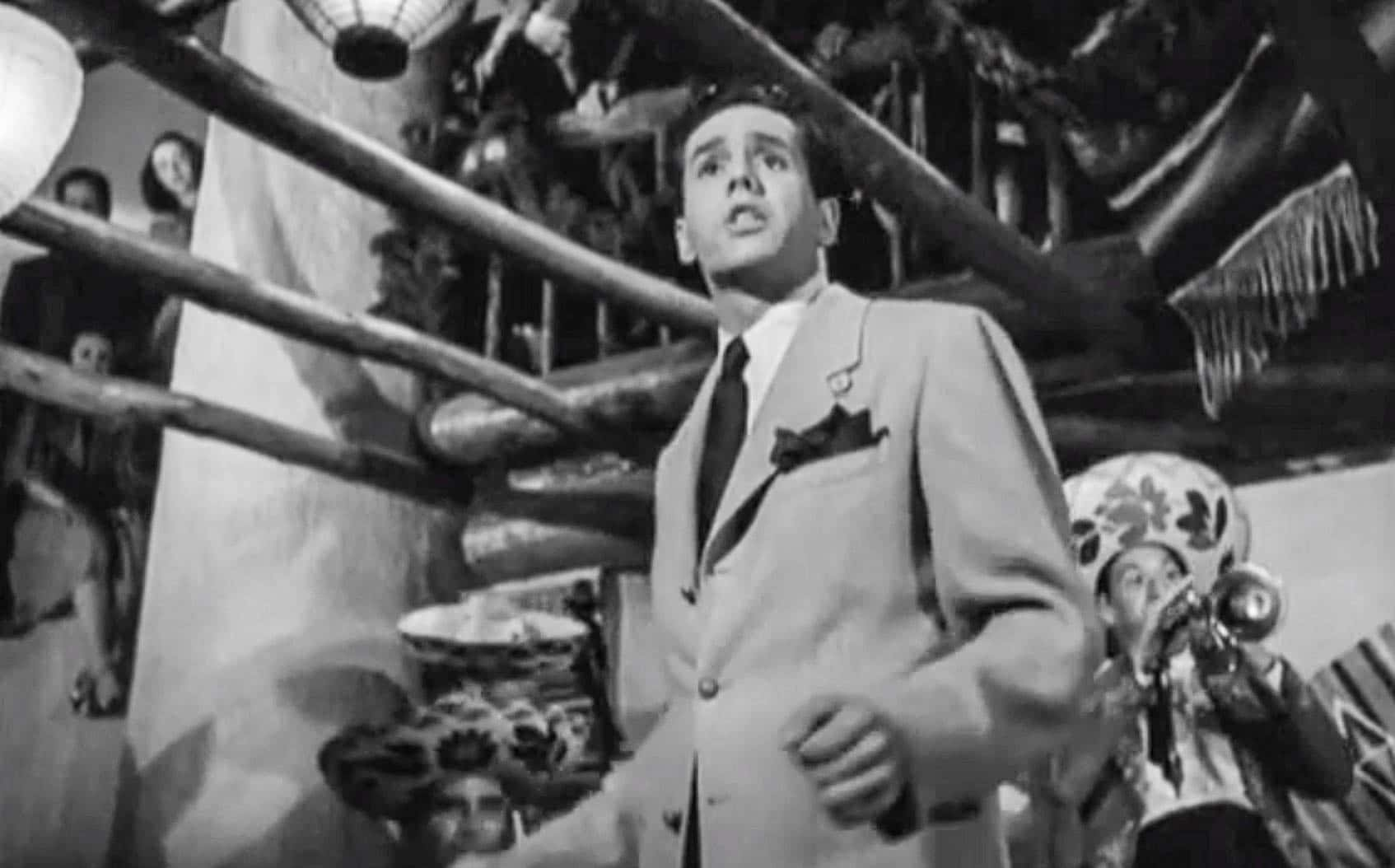 Too Many Girls(1940),RKO Radio Pictures
Too Many Girls(1940),RKO Radio Pictures

History's most fascinating stories and darkest secrets, delivered to your inbox daily.
10. He Caught His Eye
Xavier Cugat had mentored Arnaz in the club scene, but now it was time for someone else to take charge. This time it was the legendary Broadway duo Rodgers and Hart. These guys had been making musicals for the stage and screen since the 1920s. It was Lorenz Hart who took one look at Arnaz and saw real talent. Talent, however, wasn’t all he saw.
11. He Was Kept
Rumor has it that it wasn’t just Arnaz’s talent that interested Hart. It was no secret that Arnaz had entered into some kind of relationship with the composer: people called him Hart's kept boy. Whatever their relationship was, it led to something good for Arnaz. He received a career starting offer. Rogers and Hart wanted him in their next musical: Too Many Girls.
Little did Arnaz know, this role on Broadway would lead to a life altering meeting.
 I Love Lucy,Desilu Productions
I Love Lucy,Desilu Productions
12. He Embraced The Inevitable
Too Many Girls was a big hit and led to the inevitable: a movie version. Luckily, Arnaz received an offer from Hart to play his character on the screen, and he was soon off to Hollywood. The lead actress of Too Many Girls declined her big screen offer, and so the studio had to find a replacement. Who they decided on would—quite literally—change Arnaz’s life forever.
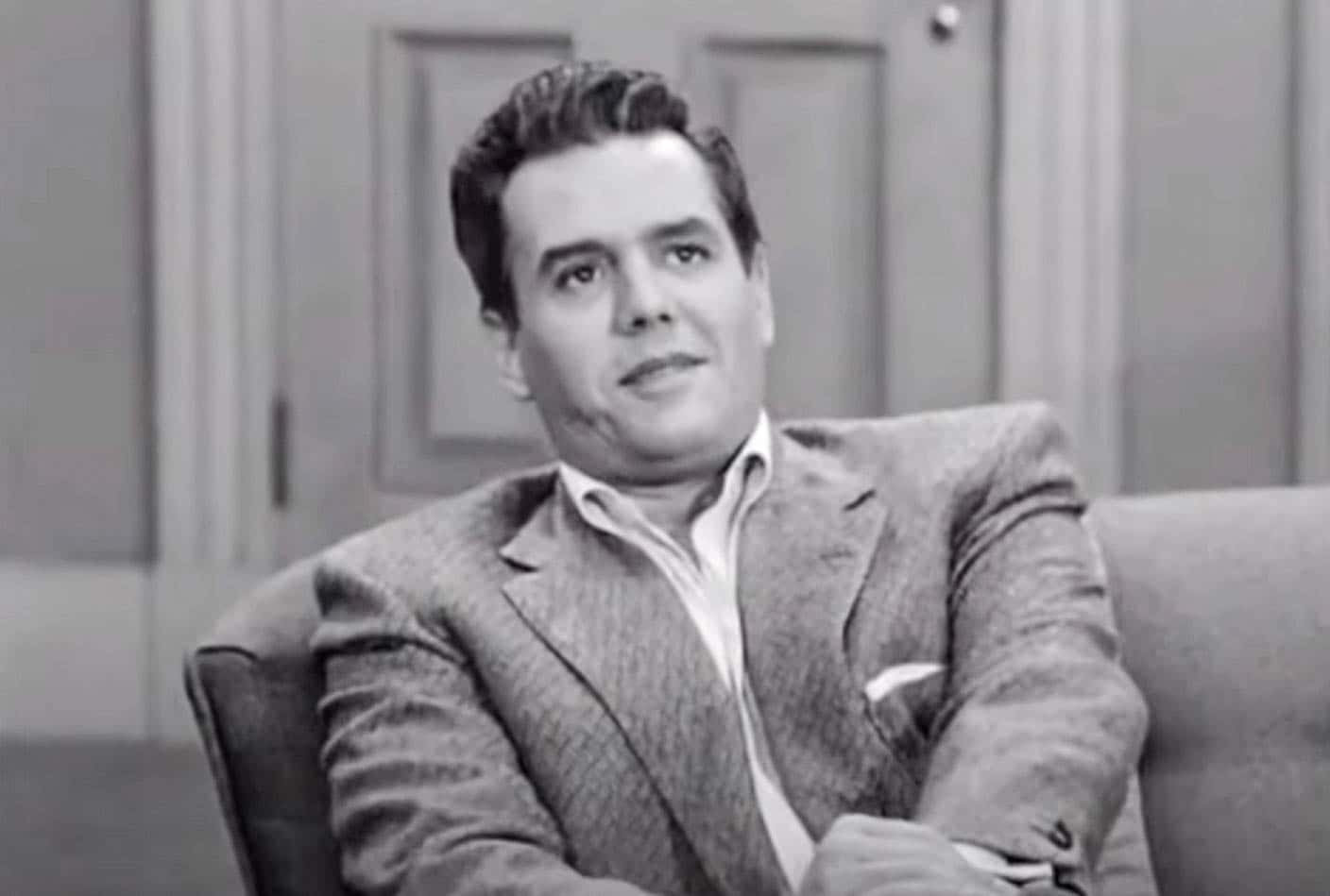 I Love Lucy,Desilu Productions
I Love Lucy,Desilu Productions
13. It Was A Disaster
When Lucille Ball stepped in to play the lead in Too Many Girls, she already had a long list of films behind her. Desi Arnaz, while a big hit in the New York club scene, was really still a nobody in Hollywood—it was his first film, after all. Arnaz was very excited to meet his new co-star Lucille Ball, but their first meeting was nothing short of a disaster.
14. It Was Love At Second Sight
When Arnaz finally met Ball at the studio, Ball had just filmed a scene where, as a dance hall floozy, she got into a fight. Ball had a fake black eye, a torn dress and a wild crop of messy hair. Arnaz couldn’t believe he was looking at Lucille Ball. Where was this beautiful actress he’d heard so much about?
The next time Arnaz met Ball, however, sparks flew. She’d fixed her hair and was all dressed up. For Arnaz, it was love at second sight.
15. They Conveniently Forgot
Before meeting Arnaz, Ball had a type. She liked older men, and especially ones who were tall. Well, Arnaz had two strikes against him: he was five years younger and certainly not considered tall. Oh, and there was a third strike: he already had a girlfriend. The romantic sparks that flew between them must have been hot, because Ball forgot about her “type” and Arnaz forgot about his girlfriend.
The filming of Too Many Girls was going to be romantic, but Arnaz and Ball's future was far from happily ever after.
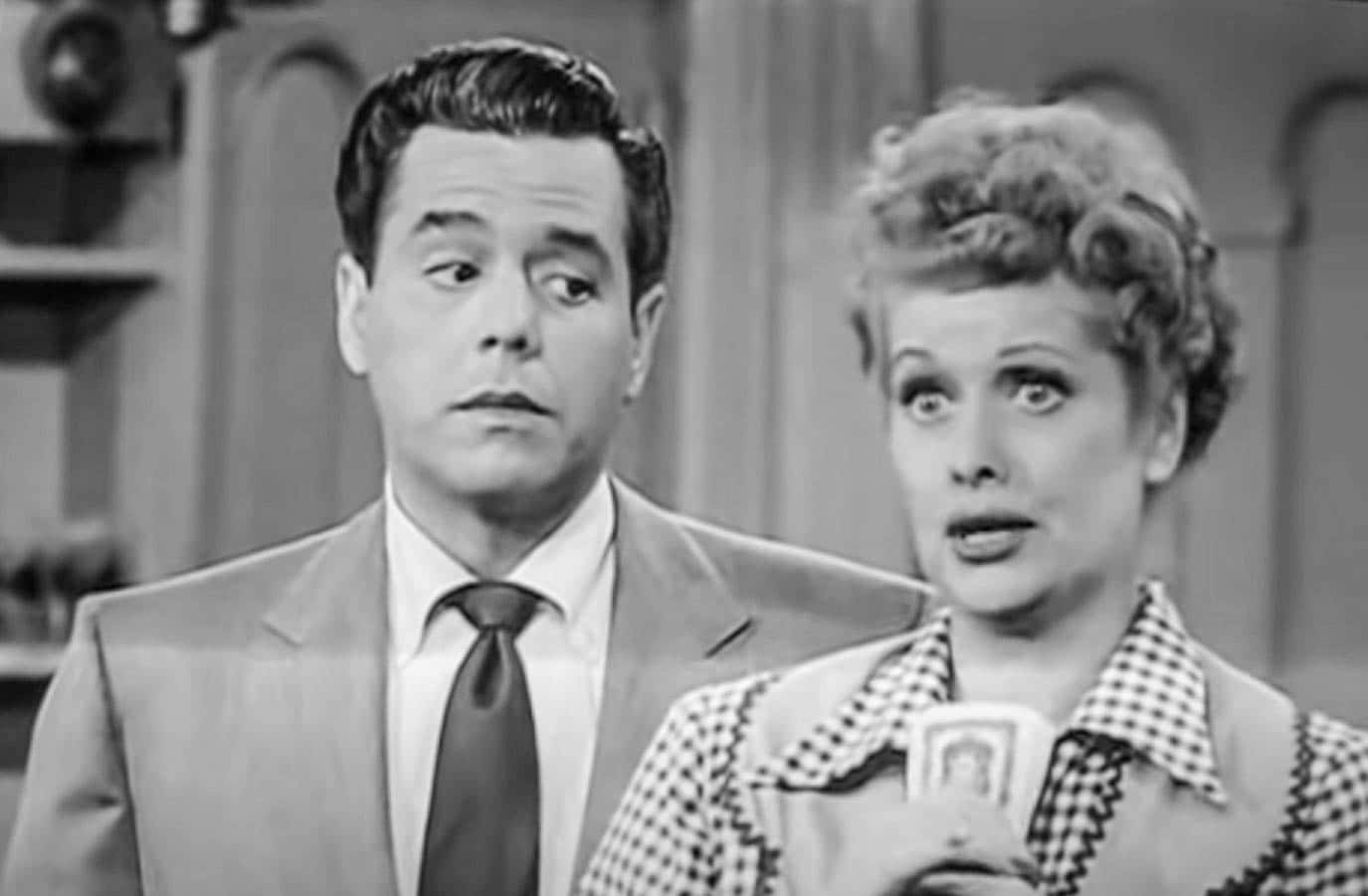 I Love Lucy,Desilu Productions
I Love Lucy,Desilu Productions
16. They Went In Different Directions
In spite of the obvious attraction between Arnaz and Ball, they still had their careers to consider. Once they wrapped on Too Many Girls, they went in opposite directions. Ball had to do a promotional tour and Arnaz went back to New York and performed in the club scene. Another thing Arnaz went back to was his old flame: pin-up girl Betty Grable.
17. He Had A Surprise Visit
Somehow, Ball found out that Arnaz was back with Grable, and it made her angry. If she wasn’t sure about her feelings for him, this certainly helped to clarify them. Ball decided to confront the problem directly and showed up at Arnaz’s home—which he shared with his mother—and tell Arnaz what she thought of him and his return to Grable.
When Arnaz opened his front door, he had no idea about the anger that would be waiting for him on the other side of the threshold.
18. He Had To Think Fast
When Arnaz saw Ball and all her anger, he had to be quick on his feet. This fiery red head was giving him an earful. She was even saying that he was a typical Latin man—which to her meant he was a cheater. Arnaz wanted to keep Ball in his life, so he did what many men do to calm an unhinged woman: he proposed. The proverbial ball was now in Ball’s court. What would she do?
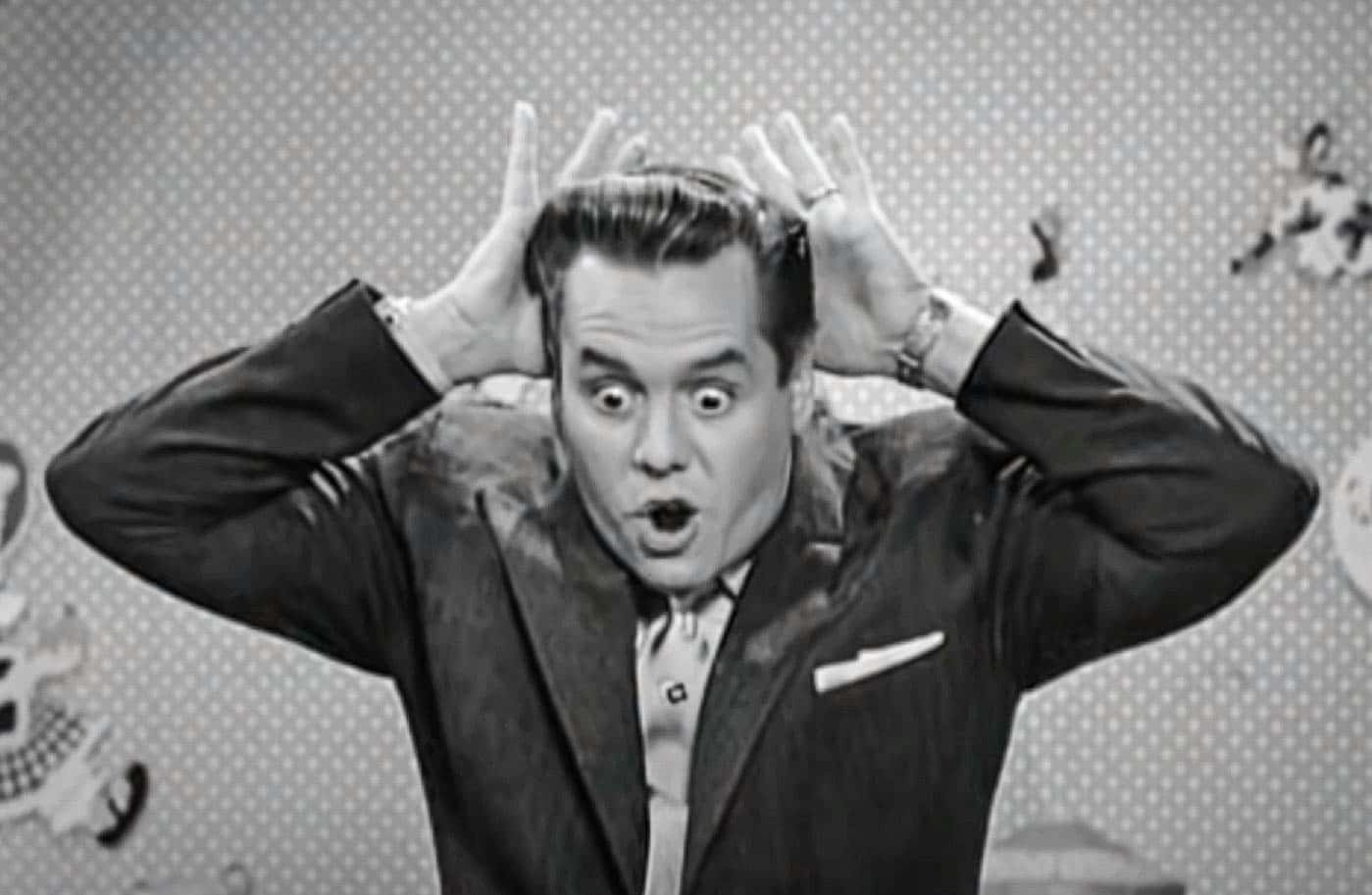 I Love Lucy,Desilu Productions
I Love Lucy,Desilu Productions
19. The Timing Was Off
Lucille Ball couldn't deny her attraction to Desi Arnaz and she eloped with him after just a few months of dating. But even though they were officially a couple, their careers continued to prevent happy cohabitation. Arnaz was often on tour and away from their home. When he was at home, the newlywed’s schedules competed. Arnaz would generally get home at three or four in the morning, about an hour before Ball had to be in hair and makeup for her latest film.
It wasn’t, however, just scheduling that made their marriage difficult.
20. He Strayed
Arnaz worked and lived in the club scene, and with this came the inevitable problem of drinking. There was, however, something more: womanizing. Back in Cuba, it was well known that the Arnaz men often had a woman on the side, but no one dared talk about it. Arnaz was simply following what he’d learned from the important men in his early life.
Ball was certainly not on board with Arnaz’s infidelity, but she was determined to patch up the cracks in their relationship.
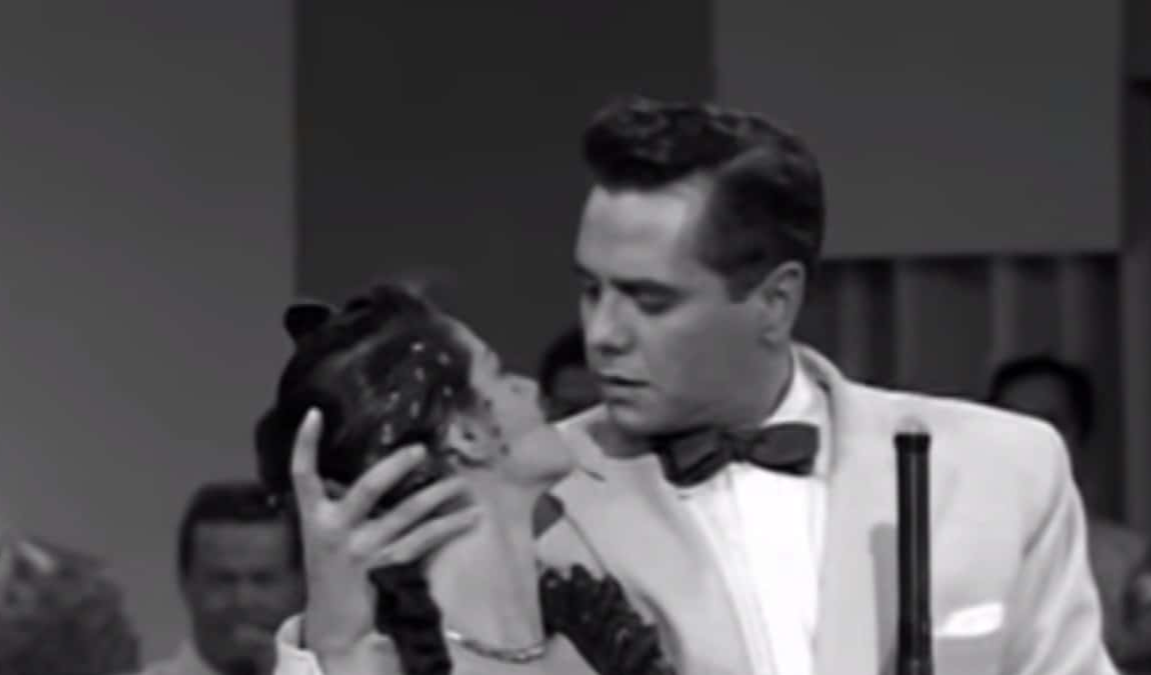 I Love Lucy,Desilu Productions
I Love Lucy,Desilu Productions
21. He Got Pinned Down
Arnaz and Ball used marriage to solve their issues with commitment. To spend more time together, they used another timeworn solution: a baby. In July 1951, Lucie Desiree Arnaz was born and things settled down in the Arnaz/Ball household. Ball told her publicist that she finally had Arnaz where she wanted him, but she knew it wouldn't last long.
Ball desperately needed another way to keep Arnaz in line before he started wandering again.
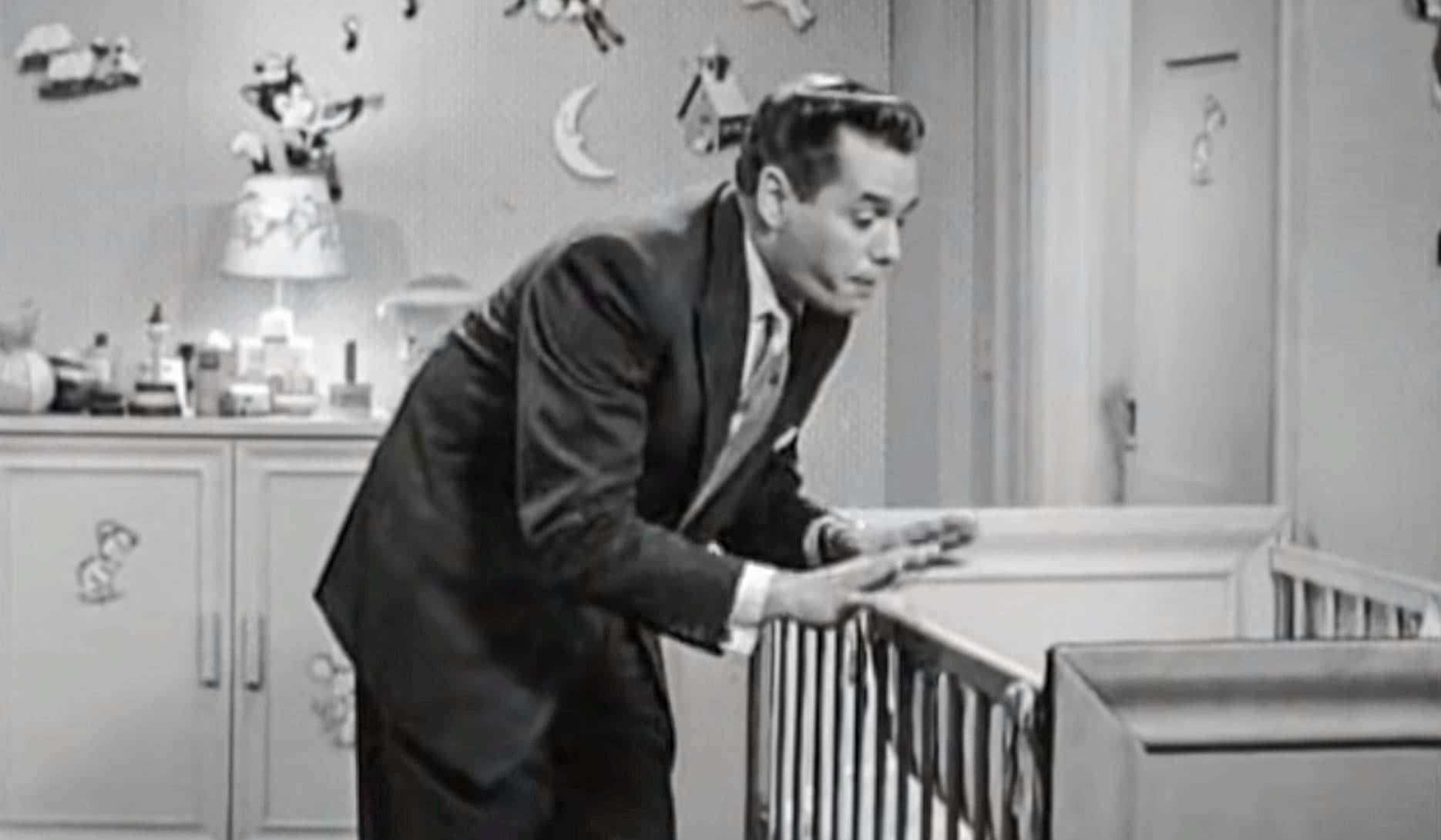 I Love Lucy,Desilu Productions
I Love Lucy,Desilu Productions
22. She Had An Idea
Ball still needed a way to keep her husband close, and a solution came through CBS. The studio wanted Ball in a TV show and she got an idea. She told CBS that she was on board for the show, with one condition: her real life husband had to play her onscreen one. CBS liked Arnaz enough, but they didn’t like where he came from. They, along with advertiser Philip Morris, told Ball "no", saying that their audiences didn’t want to see an American woman married to a Cuban man.
Arnaz and Ball now had one directive: prove to CBS that Arnaz wasn’t a problem.
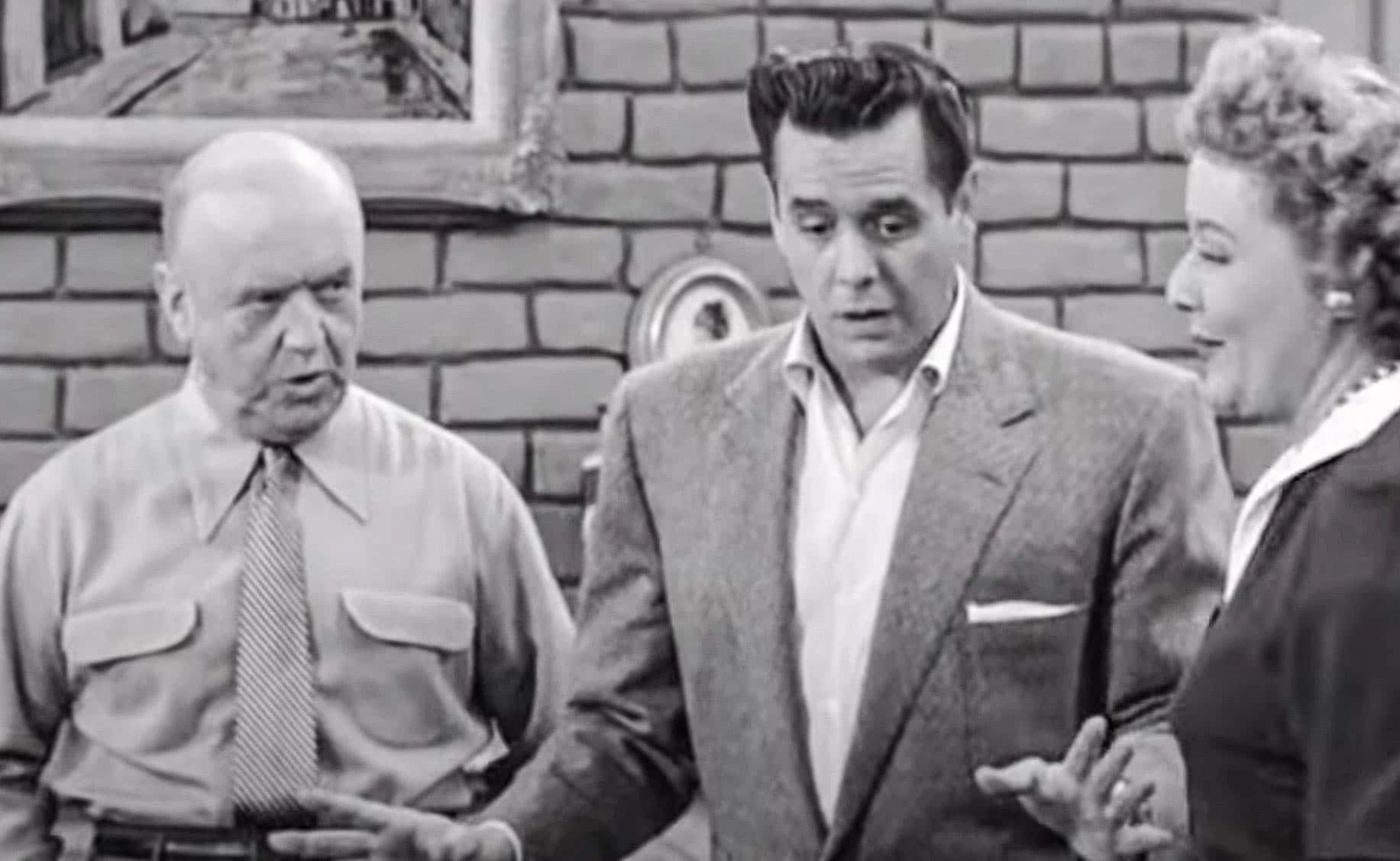 I Love Lucy,Desilu Productions
I Love Lucy,Desilu Productions
23. They Were Popular
To prove CBS wrong, Arnaz and Ball decided to go on tour together. They created a vaudeville act that ended up being wildly popular with audiences. The act proved to CBS that America loved Arnaz and Ball together, which was all the network needed. They gave Arnaz the green light to play Ball’s husband and the show moved forward.
24. He Saw The Future
Believe it or not, at that time, no one had ever thought about rerunning successful TV shows. Arnaz saw into the future of TV and thought: "If this show is a success, couldn’t we run the episodes over and over again?" With this in mind, Arnaz managed to get CBS to agree that the filmed copies of I Love Lucy belonged to him. But Desi Arnaz was just getting started.
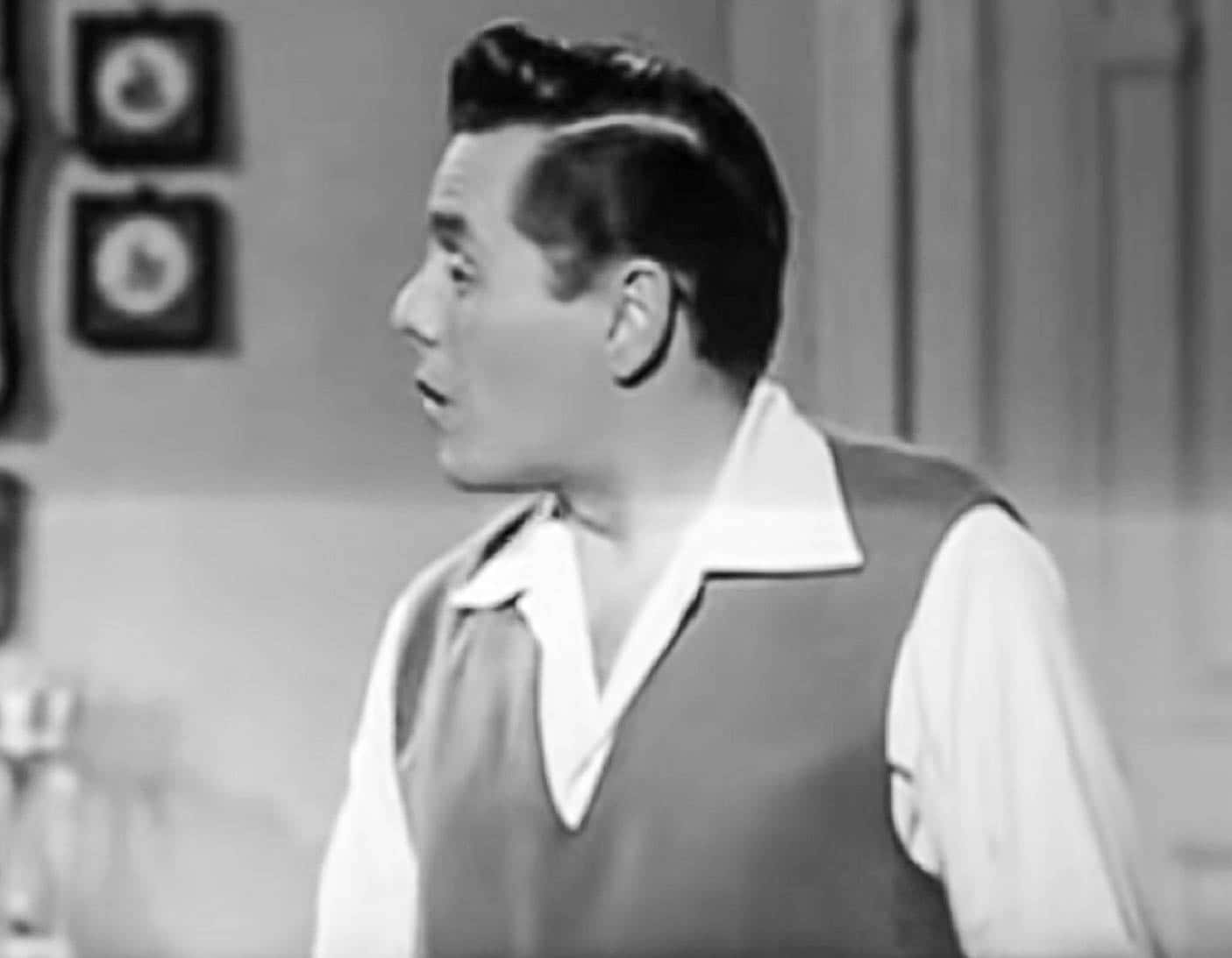 I Love Lucy,Desilu Productions
I Love Lucy,Desilu Productions
25. He Knew What He Wanted
Arnaz knew that laughter was the key to the success of I Love Lucy. He insisted that what the show needed was a live audience. The people at CBS said that there was no way an audience could fit into a sound stage. So, Arnaz and his cameraman got down to work and designed sets that allowed room for an audience. Arnaz had quickly made three developments that would change TV production: the use of film, the possibility of reruns, and the addition of a live audience.
This was all before I Love Lucy even aired.
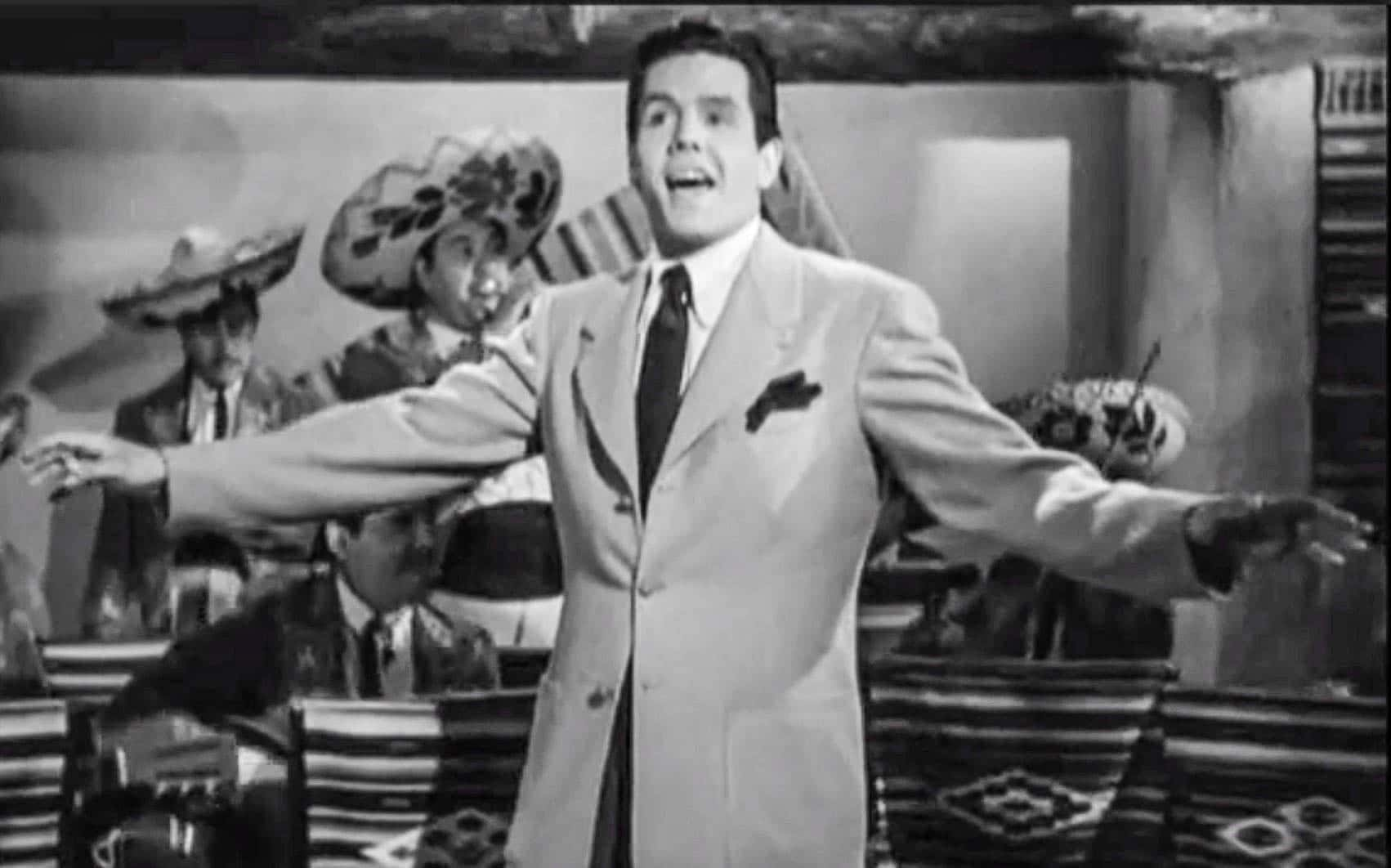 Too Many Girls(1940),RKO Radio Pictures
Too Many Girls(1940),RKO Radio Pictures
26. America Loved Them
Of course, Arnaz’s plans to change TV would only be successful if I Love Lucy was successful. Soon after its debut in October of 1951, 40 million Americans were watching Lucy and Ricky Ricardo on a weekly basis. That’s just short of one third of the population. The show, however, didn’t come close to depicting the truth about the volatile marriage of Arnaz and Ball.
27. He Got Caught
One day on set, Ball found a copy of a magazine that promised the goods on Arnaz and who he was secretly sleeping with. Ball grabbed the magazine and went into her dressing room. Anyone on the set that day was on pins and needles waiting to see how Ball would respond. When she came out of her dressing room, Ball handed the magazine to Desi and famously quipped: “I could tell them worse than that".
Arnaz was obviously a bit of a bed hopper, which didn't bode well for his future with Ball.
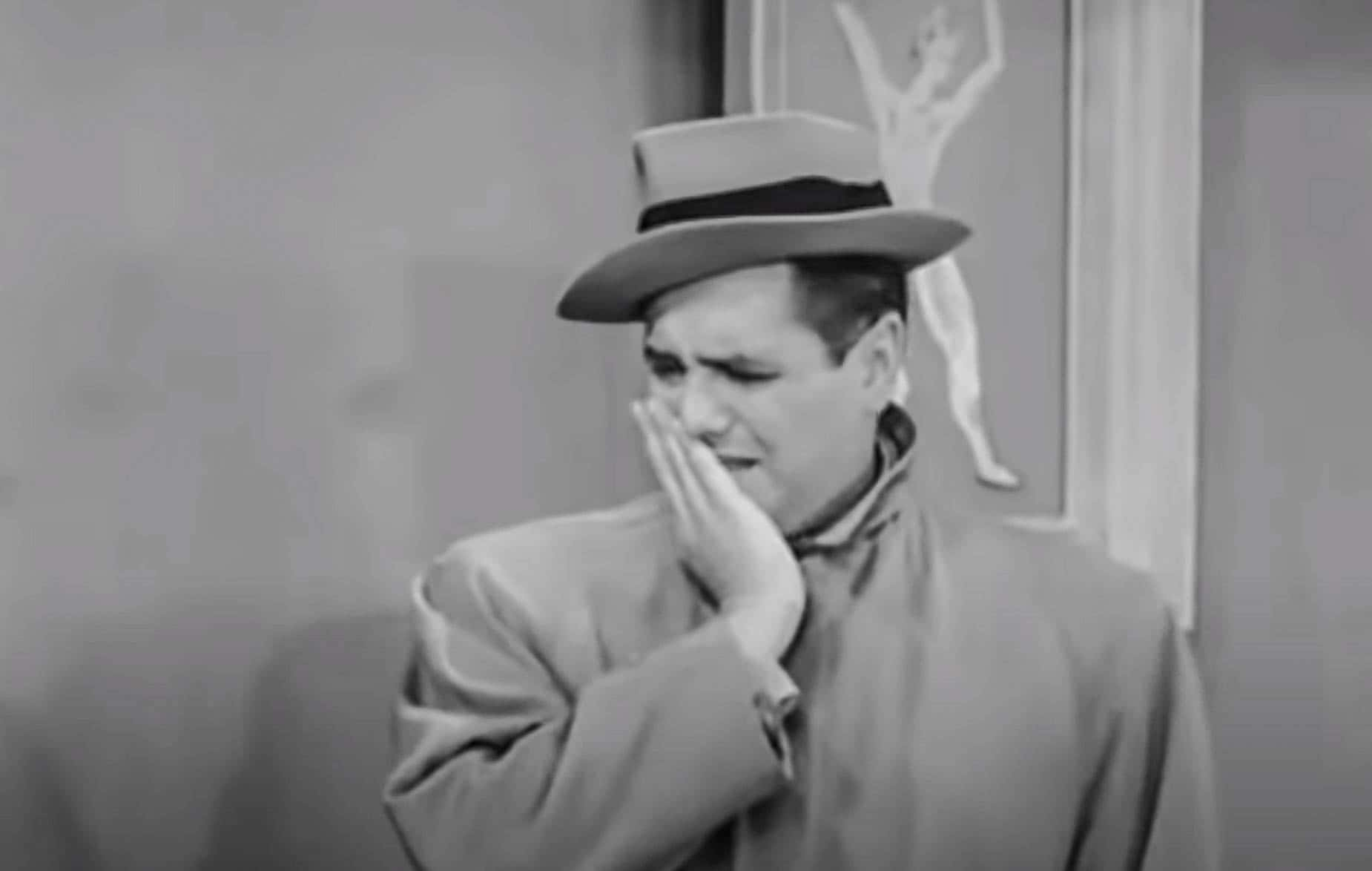 I Love Lucy,Desilu Productions
I Love Lucy,Desilu Productions
28. Something Came Up
In 1952, Ball became pregnant with Arnaz’s second child. While this was great for them, it was a disaster for I Love Lucy. At this time in TV history, a pregnant woman had never been onscreen before. Arnaz and Ball got it in their heads that CBS might delay the show or, worse still, cancel it during Ball’s pregnancy. But what was the big deal? Pregnancy certainly was a healthy part of any marriage. Why couldn’t people see it on TV?
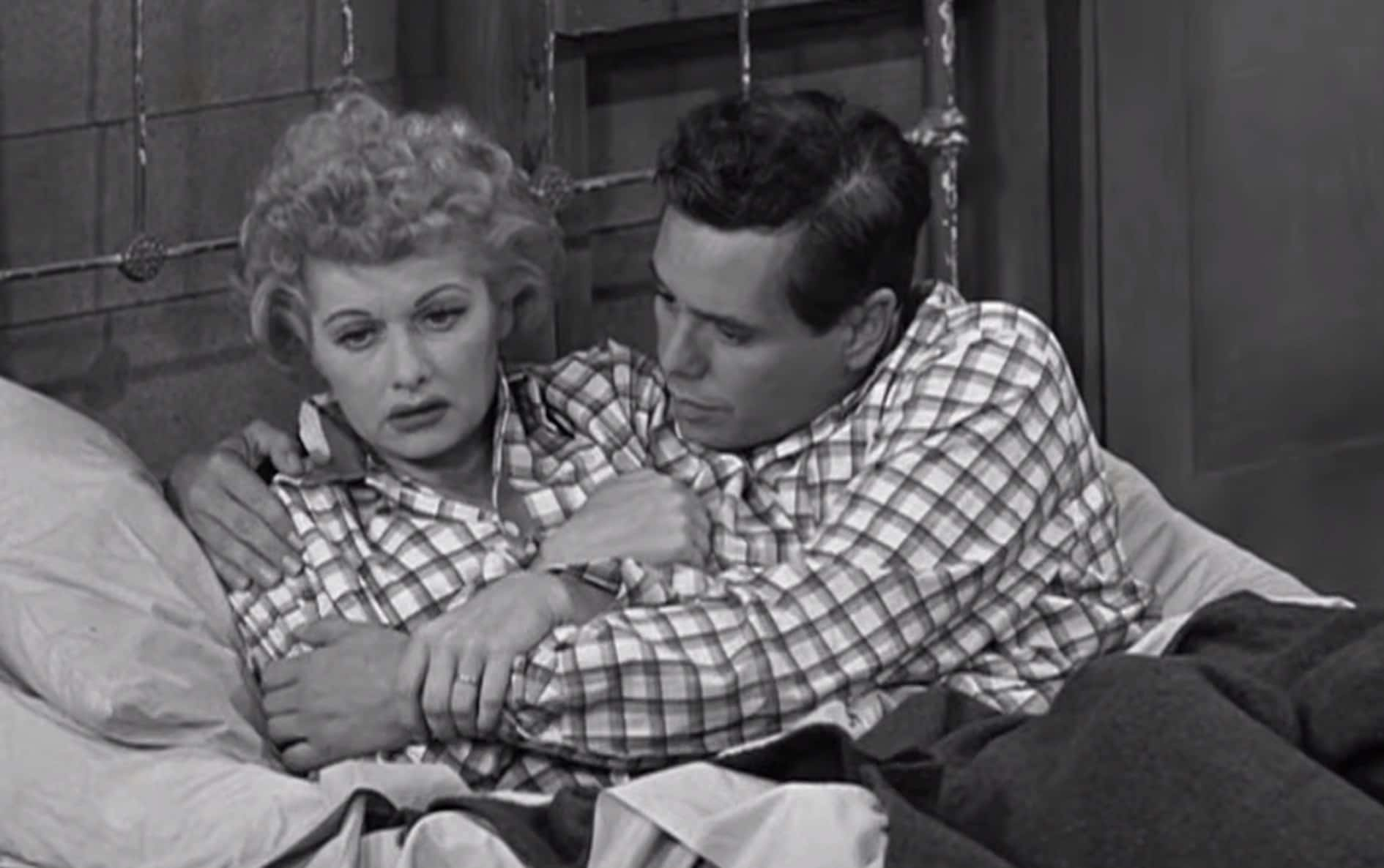 I Love Lucy,Desilu Productions
I Love Lucy,Desilu Productions
29. It Was Shaky Logic
In TV Land at the time, producers, censors and advertisers avoided the topic of pregnancy because it was a result of intimate relations. The studios did not want to admit that a couple—even a married one—had these relations. To support this idea, they even went as far as having Ricky and Lucy sleep in separate beds. The rather shaky logic was that if the Ricardos slept in separate beds, how could studios explain the pregnancy?
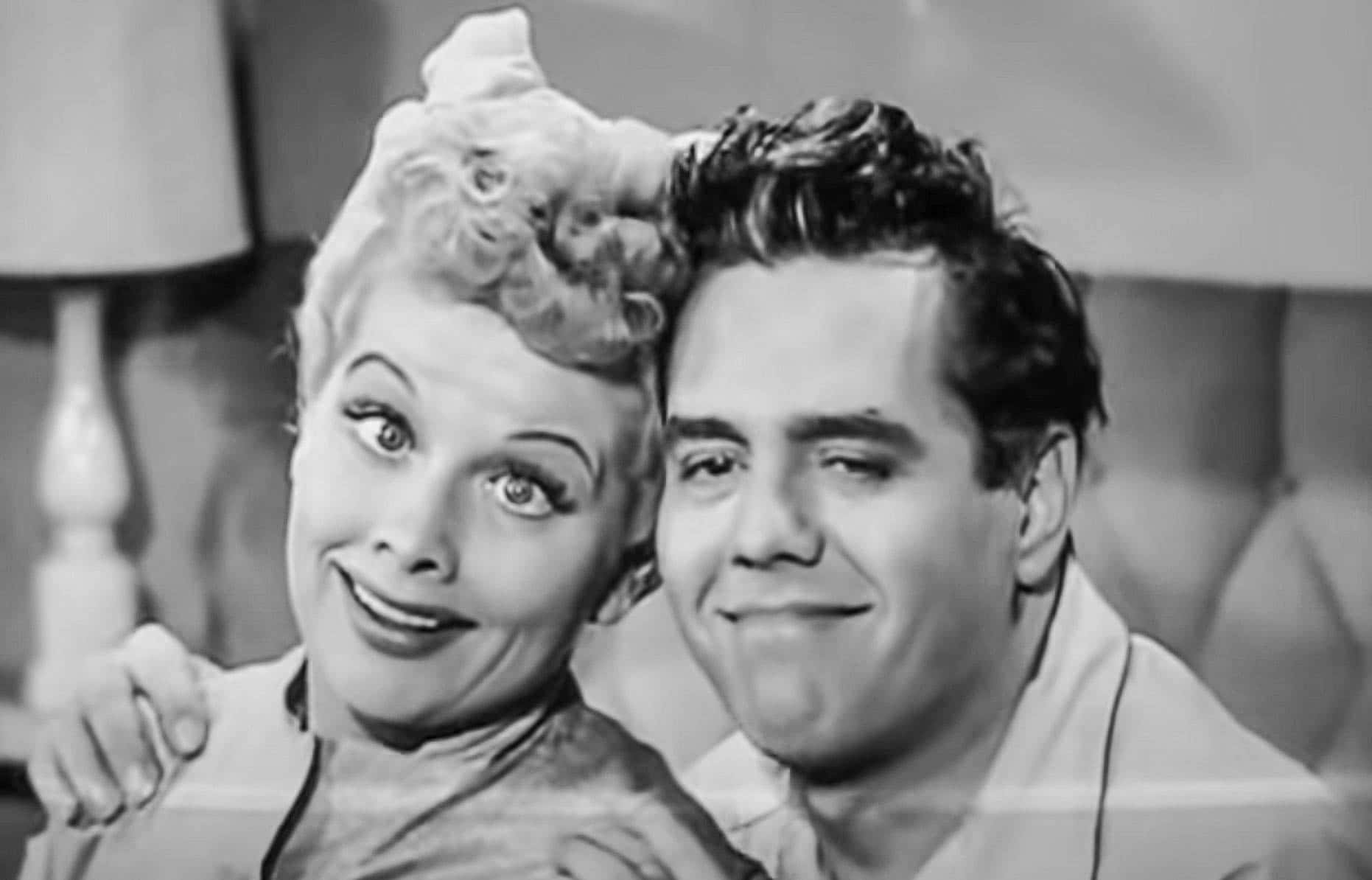 I Love Lucy,Desilu Productions
I Love Lucy,Desilu Productions
30. They Couldn’t Say It
Arnaz, Ball, and the producer, Jess Oppenheimer, all were for having Lucy be pregnant on the show—and they won. They did have to make one concession, however. CBS wouldn’t let anyone on the show use the word “pregnant". A favorite euphemism became “expecting” and they cheekily titled the episode "Lucy Is Enceinte"—which is an archaic word for, you guessed it, pregnant.
Pregnant or not, I Love Lucy was still going strong, and Arnaz was ready to branch out.
31. He Made Them Mad
Arnaz’s TV program, The Untouchables, featured a good number of Italian American characters, most of whom were on the wrong side of the law. Crooner Frank Sinatra—who had Italian roots—thought this was nothing short of prejudice. He and a vocal group of Italian Americans began to protest the show. Arnaz addressed their concerns by adding an Italian to the detective team. This, however, was not enough.
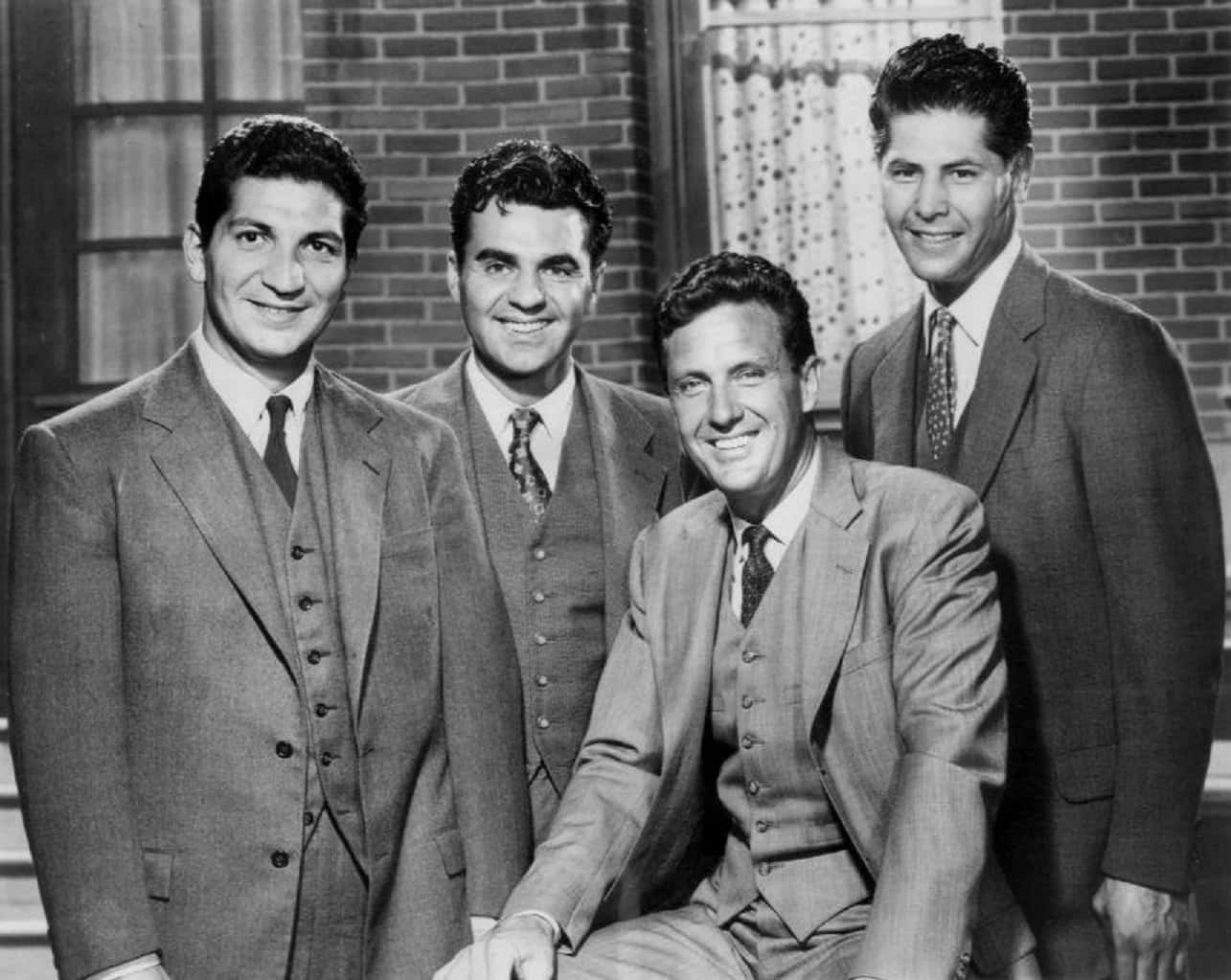 The Untouchables (1959-1963),Desilu Productions
The Untouchables (1959-1963),Desilu Productions
32. He Had To Act
The Federation of Italian-American Democratic Organizations was still furious with Arnaz and his show, The Untouchables. They were going to boycott the products of the advertisers and create enough negative publicity to damage the ratings. When one of the show’s sponsors canceled, Arnaz knew he had to do something drastic.
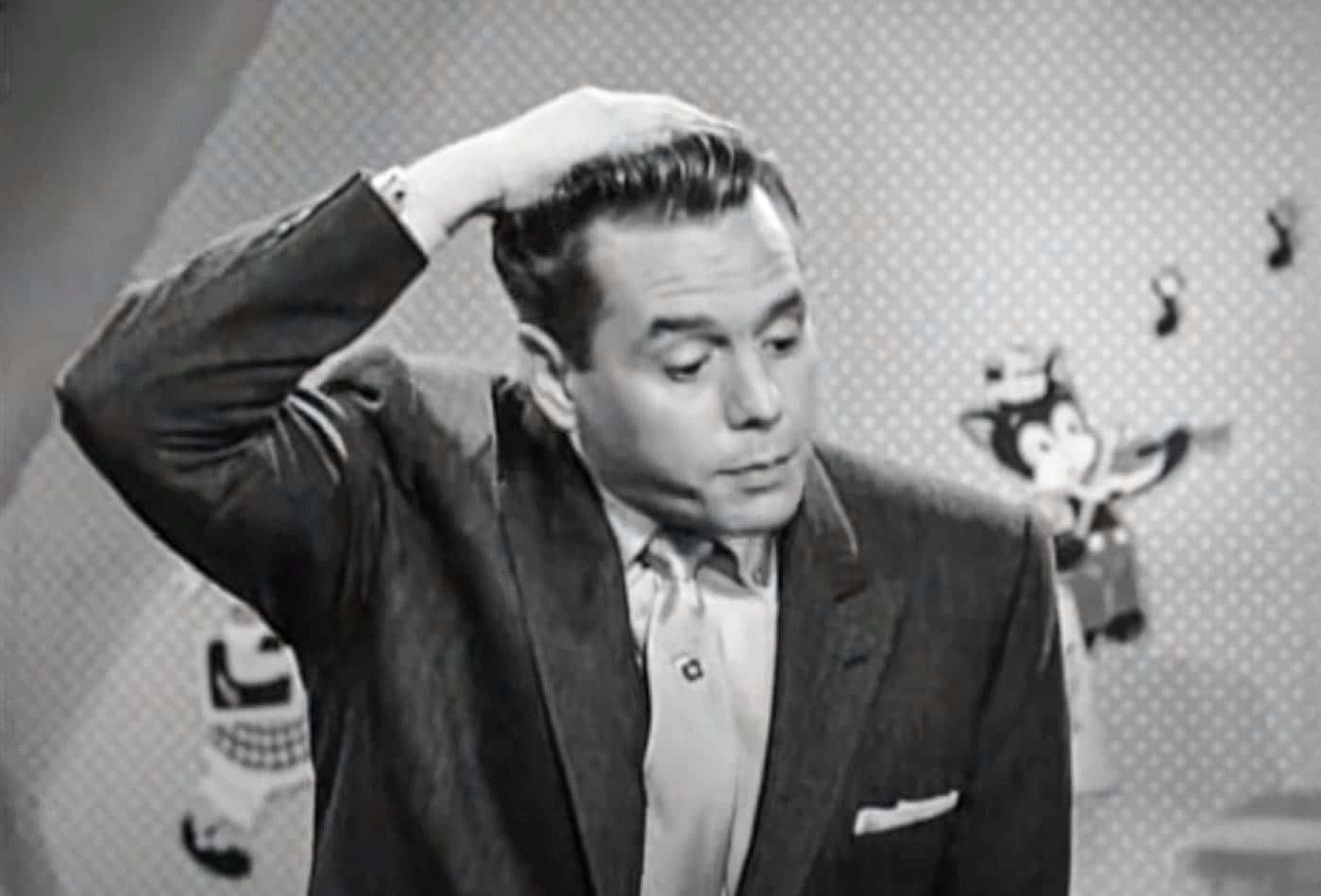 I Love Lucy,Desilu Productions
I Love Lucy,Desilu Productions
33. His Plan Was Threefold
Armed with a plan to win them over, Desi Arnaz approached the lobbyists who were unhappy with The Untouchables. He promised three things. First, there would be no more depictions of fictional hoodlums that had Italian names. Next, he would give more screen time to the one good character who was Italian. The third thing he promised was to try and show Italian Americans solving America's problems rather than always creating them.
Arnaz’s three concessions seemed to work, and helped him narrowly avoid a great tragedy.
34. They Wanted Him Gone
Many years later, a story got out. It turned out that the mafia was really angry about The Untouchables, so they had hired hitmen to murder Arnaz. One night, the hitmen got word that Arnaz was on his way home. They drove to Arnaz’s house and waited outside in the bushes. Luckily, Arnaz didn't show up—probably because of one of his many affairs. By the next evening, the mafia boss called off the hit and Arnaz remained none the wiser.
Arnaz lived to see another day, but his days in TV Land were numbered.
35. He Branched Out
In the late 1950s, Arnaz entered a new area of business and opened up a hotel in Indian Wells, California. Always one to keep his name in the spotlight, he called it the Desi Arnaz West Hills Hotel. Arnaz even insisted that the chef use his recipes for the restaurant. In order to spend more time with Ball, Arnaz built a house on the Thunderbird Golf Club's 17th fairway. Incidentally, he’d won the land in a poker game.
Between TV projects and a hotel, however, Arnaz was running himself ragged.
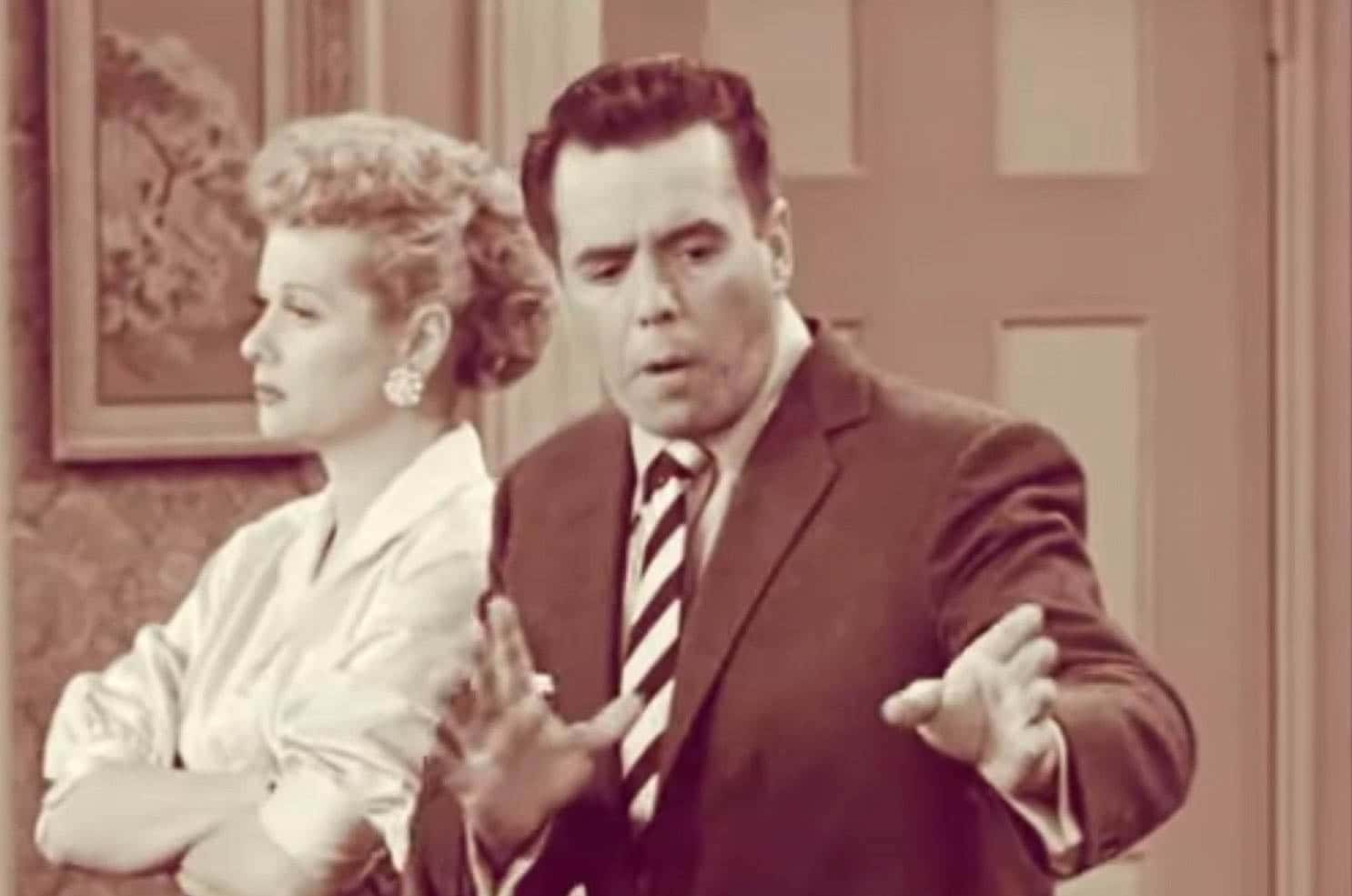 I Love Lucy,Desilu Productions
I Love Lucy,Desilu Productions
36. He Was A Juggler
Desi Arnaz had a lot of balls in the air—including his wife, Lucille Ball—and it was proving to be very stressful. To combat the stress, Arnaz indulged. His drug of choice was booze, and he soon had a serious problem with it. He was also still having trouble staying true to Ball and was constantly cheating on her. Ball was well aware of his problems, but she tried to keep it together.
The couple tried to keep the major fights out of the public eye, but one very big one became well known.
37. They Were In the Eye Of A Storm
Even though Arnaz and Ball were busy—and at each other’s throats—they still made time for publicity. The University of Miami had a “Lucy & Desi” day, and student president Darwin Porter went to the couple's home to drive them to the university. He never could have expected the storm he walked into. When Porter arrived, the couple was in a hurricane of a fight. Ball hurled a huge accusation: she said that Arnaz had been fooling around with not one, but two hookers the previous night.
Porter couldn't believe his ears. He was, however, smart enough to keep his mouth shut to see what happened next.
38. He Came By It Honestly
Arnaz didn’t deny Ball’s accusation. He just relied on his old excuse that those little interactions were unimportant and didn’t mean anything. Arnaz had another excuse that Ball was likely tired of hearing: his father. It seems that Arnaz’s father had introduced his son to amorous behavior at a very young age. It was even said that Mr. Arnaz took his son to a bordello when the boy was just 12 years old.
No wonder Desi Arnaz had trouble remaining faithful—his upbringing hadn’t taught him how to be.
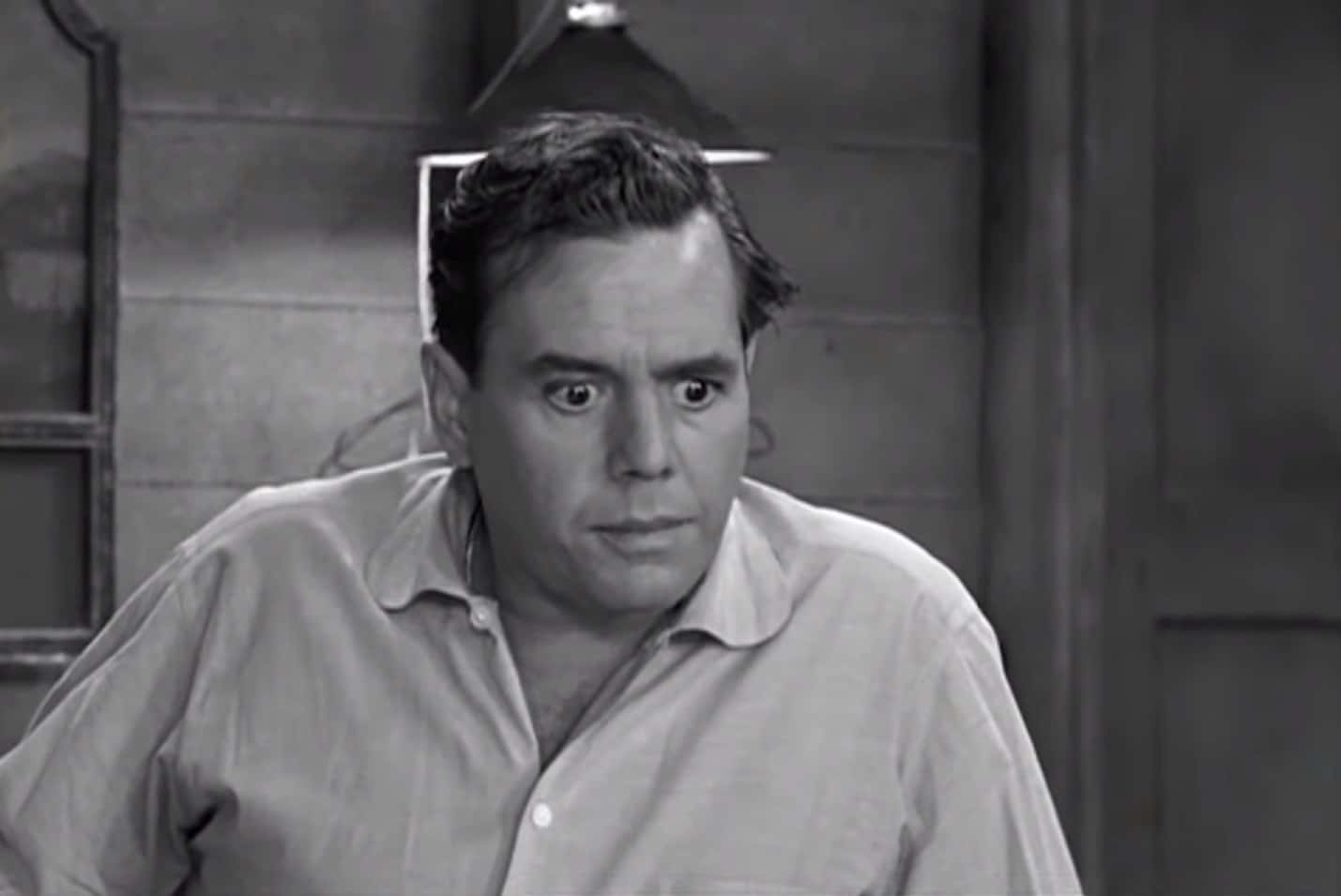 I Love Lucy,Desilu Productions
I Love Lucy,Desilu Productions
39. They Were Two Peas
But was it only Arnaz who was cheating? There is a quote attributed to Arnaz that sheds some light on his volatile relationship with Ball. Arnaz once allegedly said: “Marriage is okay, but adultery is more fun". And then he added: “Just ask Lucy". Whether she was guilty as well, we don’t know. What we do know is that Ball was at her wit’s end.
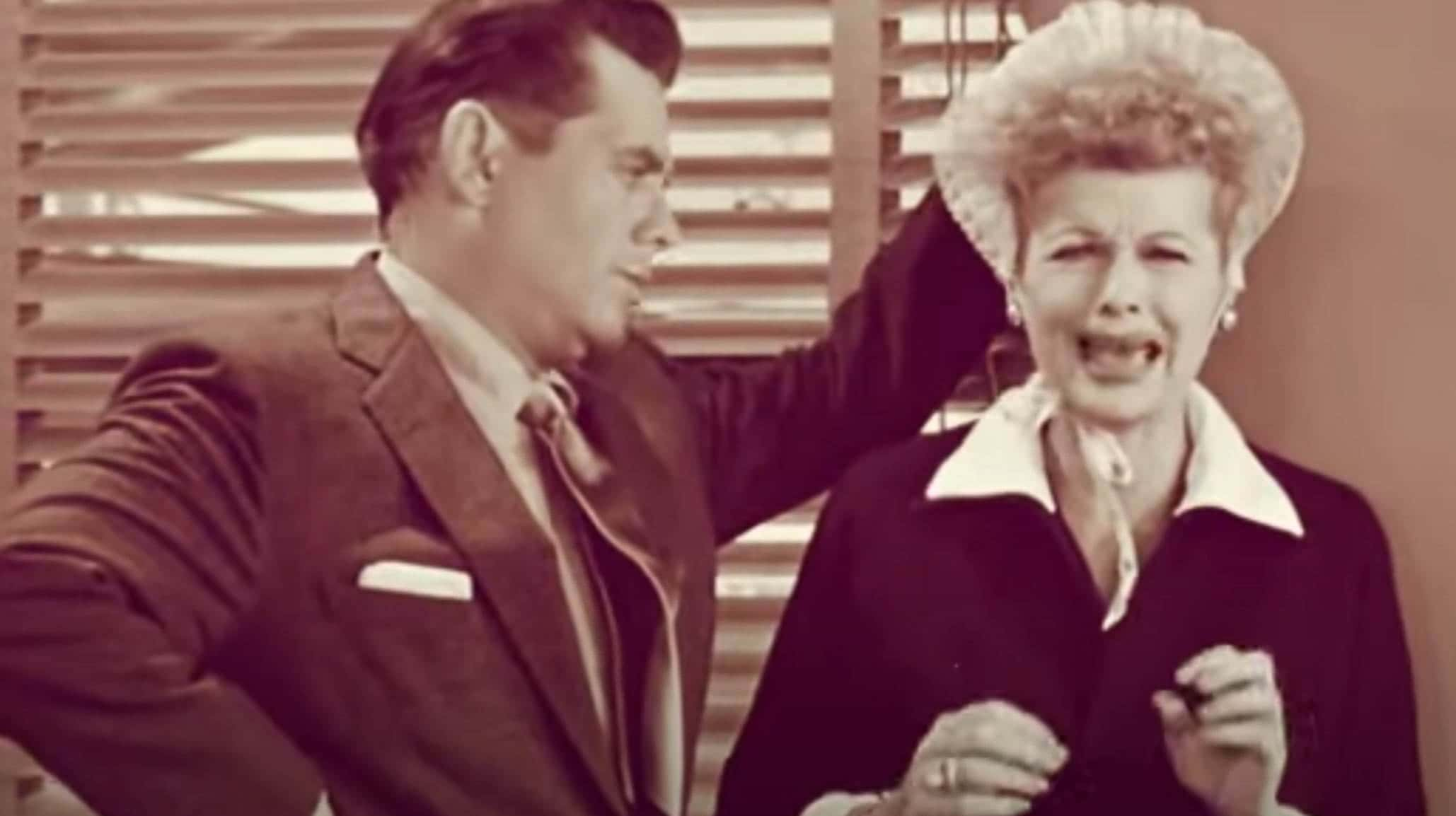 I Love Lucy,Desilu Productions
I Love Lucy,Desilu Productions
40. He Was Unpredictable
It didn’t matter to Ball why her husband was a cheater, she just wanted out. In 1960, Ball successfully divorced Arnaz, but things took a dark turn. Of course, once Arnaz was a free man, he really let go of any inhibitions he had left. After their divorce, Ball said Arnaz’s behavior was like Jekyll and Hyde. It was all booze and women. Apparently, however, it wasn’t just women.
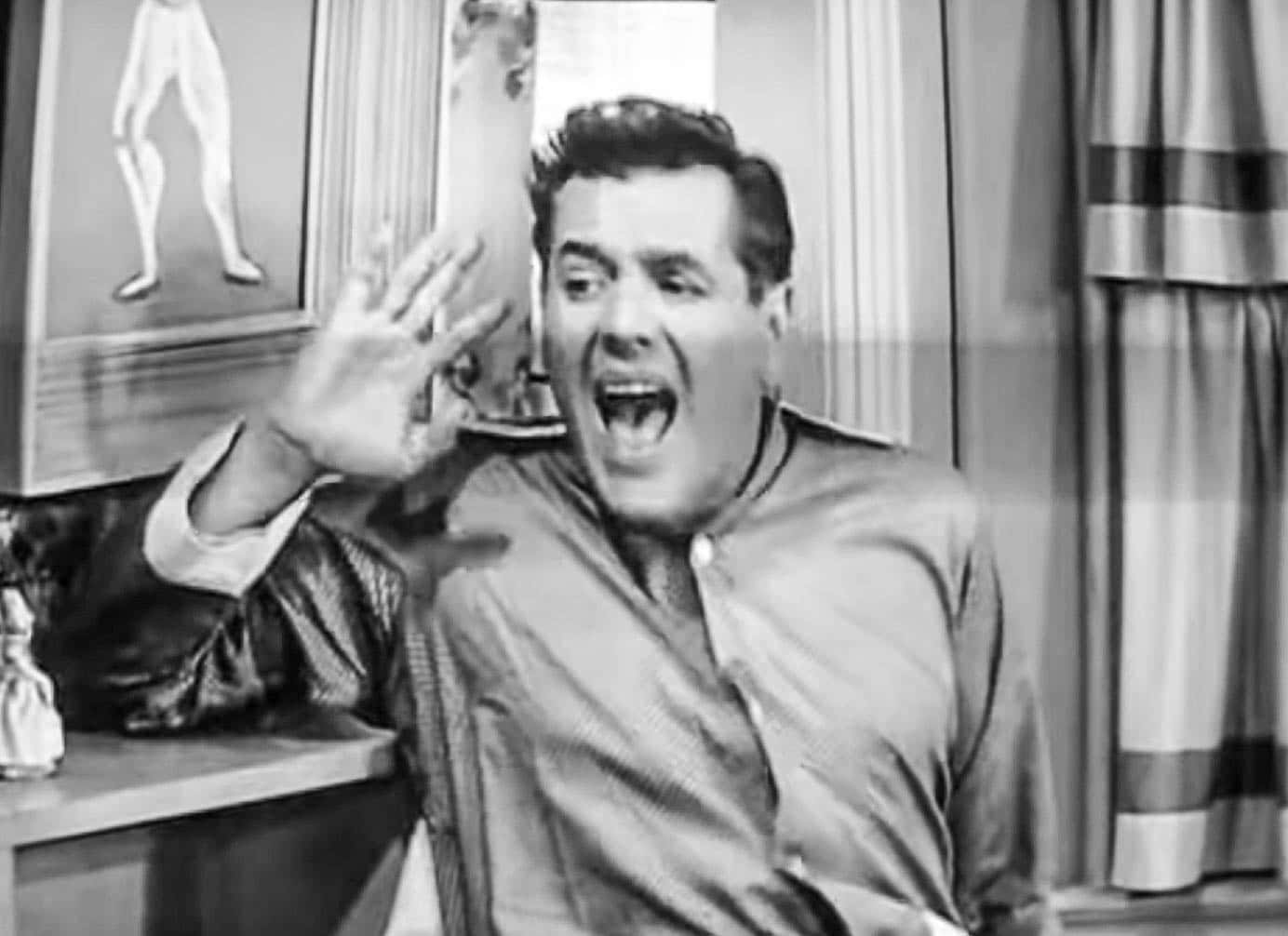 I Love Lucy,Desilu Productions
I Love Lucy,Desilu Productions
41. He Played For Both Teams
Post-divorce Ball was out for blood and had another accusation to make: she said that Arnaz had hooked up with a man. At the time, Cesar Romero was playing the Joker on the TV show, Batman. Romero was a confirmed bachelor, which was a Hollywood code for gay. If Ball’s accusation seems out of left field, you can check out Romero’s book. In it, he confirms that he slept with Arnaz.
42. He Split
In spite of their divorce, Arnaz kept working with Ball and Desilu Productions. But when Ball remarried, sharing a company became awkward. There was another problem: the company was too successful. Arnaz was working 14-hour days, and the fun had gone out of it. In 1962, a year after their divorce, Arnaz sold his share of the company to Ball. He then started his own production company and, unsurprisingly, named it after himself: Desi Arnaz Productions.
43. He Found A Double
After a few years of playing the field—for both teams, apparently—Arnaz wanted to settle down. In 1963, he married Edith Mack Hirsch. Hirsch was the exact opposite of Ball when it came to publicity—she wanted none. She did, however, have something in common with Ball, and many friends noticed that the two women looked very similar. Yet, once they were husband and wife, Hirsch seemed able to do something that Ball couldn’t: keep Arnaz at home.
44. He Wrote It Down
It was time for Arnaz to slow his life down, so he began to write. After two years, he finished a book about his life. Arnaz had always gone out of his way to get his name onto everything he did—his orchestra, his two production companies, his hotel, and even his two children all sported his name in some way. When it came down to his autobiography, however, Arnaz did something surprising. He suddenly became humble and chose this simple title: A Book.
It’s a good thing he wrote about his life, because he didn't have much time left.
45. He Always Said "I Love You"
The rest of Arnaz’s life was spent with his wife and horses, as he and Hirsch owned a horse-breeding farm in California. In the end, it was his nicotine habit that got him. He began treatment for lung cancer in 1986 and passed shortly after. Lucile Ball called him on what would have been their 46th anniversary. They each ended the call by saying “I love you". Two days later, Desi Arnaz was no more.
46. He Surprised Her
Despite the highs and lows of their relationship, Desi Arnaz and Lucille Ball always had love for one another. That profound attraction is what led Arnaz to propose after only knowing Ball for a few months. She was caught off guard when he got down on one knee, but there were those sparks to consider. Ball reluctantly said "yes" and on November 30, 1940, the two eloped. When they tied the knot they had only known each other for six months. Arnaz likely saw marriage as a way to calm Ball down but, as we now know, it eventually led to a world of trouble.
47. She Got Fed Up
In 1944, Arnaz and Ball separated and then, in September, she filed for divorce. Ball knew Arnaz was drinking too much, and she was pretty sure he was cheating on her. It seemed like the end of this fairy tale marriage. Ball, however, had second thoughts. Before the divorce was final, she reluctantly returned to Arnaz. She decided to save their marriage, but eventually threw in the towel and called it quits in 1960.
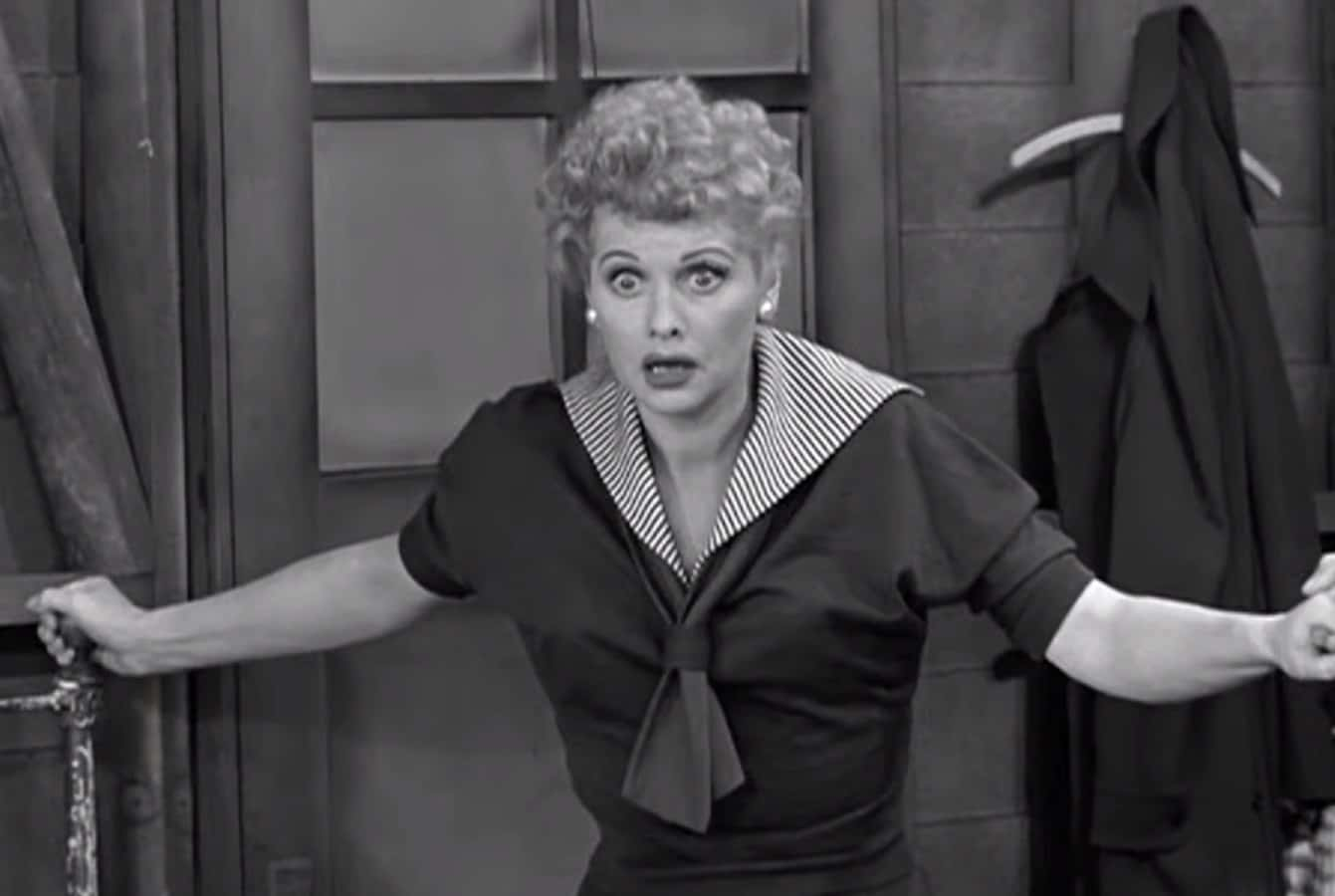 I Love Lucy,Desilu Productions
I Love Lucy,Desilu Productions
48. He Was Sneaky
More than just a Hollywood heartthrob, Desi Arnaz was also a very savvy businessman. In the months before Arnaz and Ball made I Love Lucy, Arnaz had a few sneaky ideas. He and Ball formed their own production company, the first independent one in TV history. Arnaz also talked to CBS about using film for the show. In the early days of television, there was no thought of preserving the shows on film—there seemed to be no reason to.
Arnaz told CBS he wanted copies of the episodes so he could show them to his children one day. The reality was something far more devious—and much more profitable for Arnaz. The tapes were eventually aired as reruns, which filled Arnaz's pockets with millions of dollars.
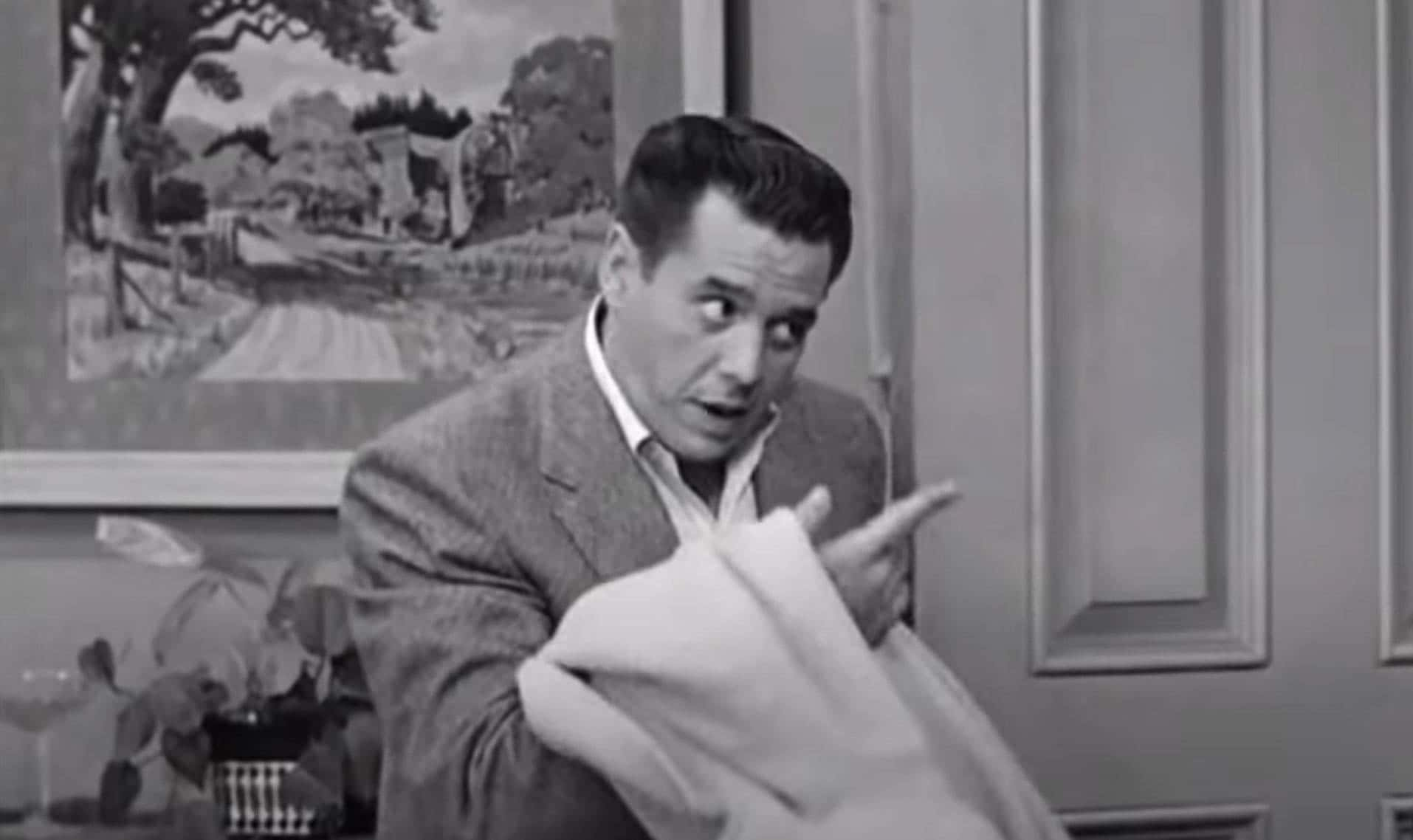 I Love Lucy,Desilu Productions
I Love Lucy,Desilu Productions
49. He Got Dramatic
With the success of I Love Lucy, Desi Arnaz wanted to do more. Using his company with Ball—Desilu Productions—he produced the sitcoms The Ann Sothern Show and Those Whiting Girls. He then moved over to drama and had a hand in Whirlybirds and The Untouchables. The latter production was about a law officer fighting against the crooked booze trade during prohibition. Although the show got Arnaz into some very serious trouble with the Mafia, he managed to escape the situation unscathed and went on to forge a legacy as one of the most influential men in showbusiness.
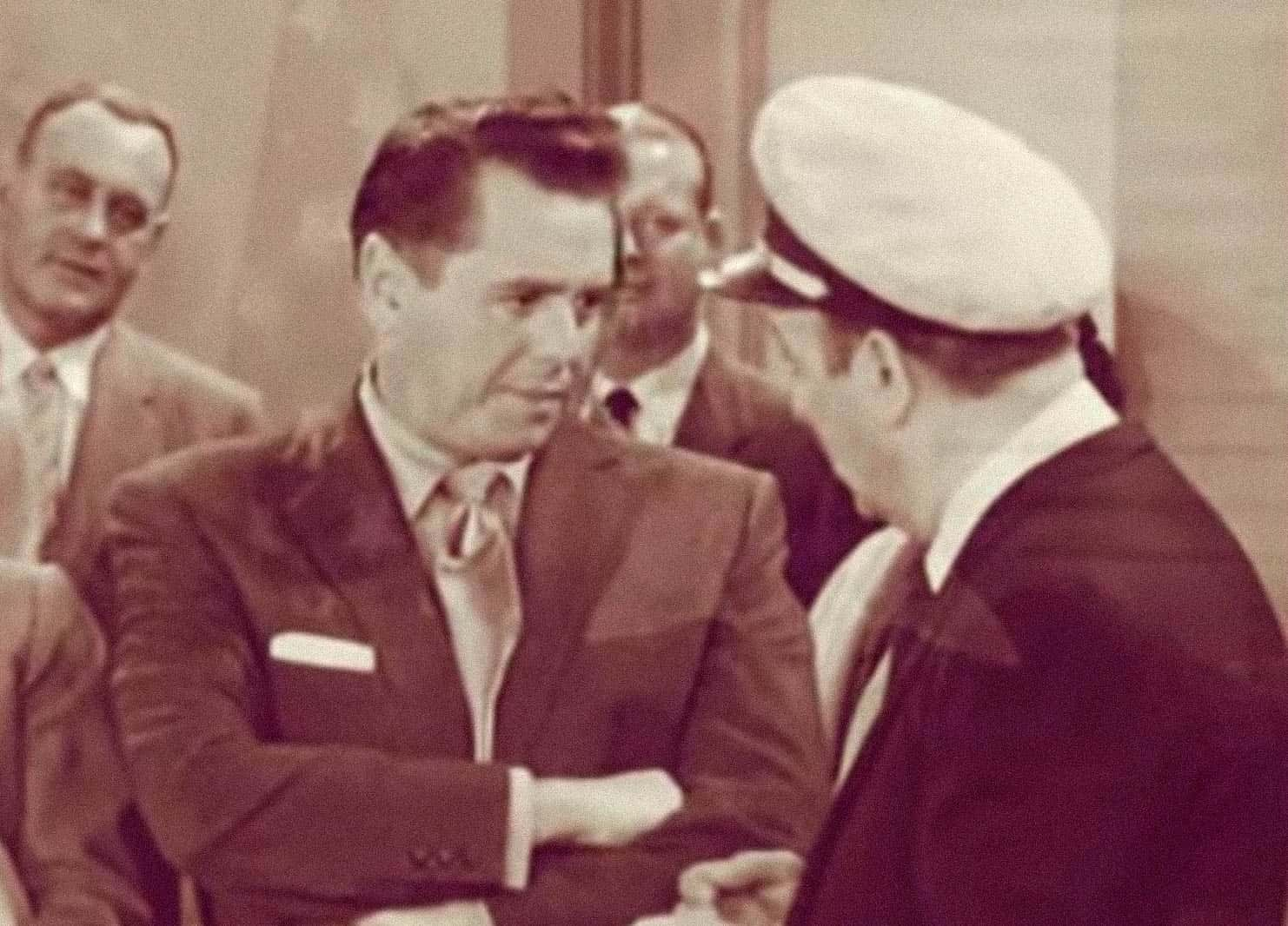 I Love Lucy,Desilu Productions
I Love Lucy,Desilu Productions

